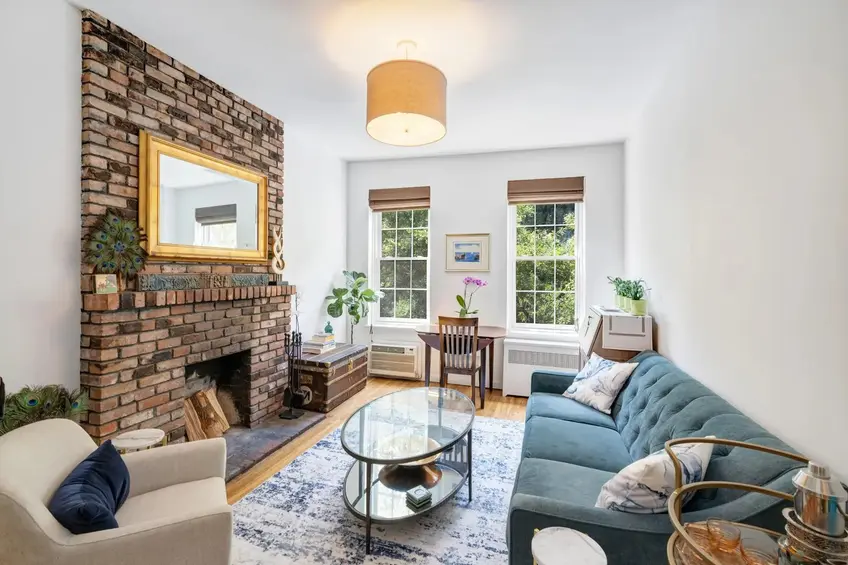 345 West 21st Street, #3D (Douglas Elliaman)
345 West 21st Street, #3D (Douglas Elliaman)
It’s no secret that buying into the New York City market is more difficult than buying into most housing markets in North America. While cost is an obvious obstacle, what many aspiring owners don’t realize is that the actual cost of purchasing a unit is only the first barrier to ownership. High closing costs, higher-than-average co-op and condo fees (sometimes asked for in Escrow before closing), down payments exceeding the standard 15 to 20% threshold, and in co-ops, myriad arbitrary guidelines designed to keep desirable tenants in and undesirable tenants out all make the process of purchasing a first home more costly and stressful than in most other cities. Fortunately, a combination of strategy and good fortune can help first-time buyers dodge at least some of these obstacles.
In this article:
Troubleshooting the High Cost of Housing
According to CityRealty data, average Manhattan prices in August 2024 come to $1,704 per square foot for condos and $1,084 per square foot for co-ops. While San Francisco prices sometimes come out ahead, the city generally faces little competition when it comes to high housing costs. While this does make it a difficult market for first-time buyers, there are at least a few ways to troubleshoot the cost and hassle of purchasing your first unit.
The most obvious strategy is to look for a condo unit in a yet-to-be-gentrified or up-and-coming neighborhood (e.g., Prospect Lefferts Gardens in Brooklyn or Long Island City in Queens). Neither neighborhood is Soho, but remember—Soho itself was once considered an undesirable neighborhood and the same held true for the entire East Village and Lower East Side. Condo units generally have much fewer approval obstacles to face compared to co-ops and typically require a smaller down payment. Bear in mind that any equity you sink into a unit in a gentrifying unit can usually be fully recovered if you decide to move; so at the very least, it is far more strategic than renting and may prove to be a great investment if you hold long enough to see the neighborhood undergo a major shift in value.
Any equity you sink into a unit in an up-and-coming neighborhood can usually be fully recovered if you decide to move.
Another potential strategy—if you qualify based on income and household size—is to consider purchasing an HDFC unit. In some instances, these units can provide an opportunity to buy in Manhattan or a highly active real estate market in Brooklyn at prices that are well below market value. If you do purchase an HDFC unit, however, your return on investment over time will be considerably lower, so in general, this solution is only recommended if you are looking to purchase with the intent of staying put over time. Read more about HDFC purchases here.
Down payments, Closing Costs, and Other Surprises
In many U.S. cities, even after the 2008 recession, housing programs continued to help first-time buyers with affordable low-money-down mortgages. In New York City, however, co-ops and condos typically will not work with buyers who are relying on first-time housing program mortgages. Indeed, many co-ops, even affordable HFDC co-ops, expect buyers to bring more than 20% to the deal (sometimes 80% to 100%), so putting 3% to 5% down is simply not an option.
Beyond the high down payment typically needed to buy into the local market, potential buyers also need to be prepared for higher than average closing costs and may even be hit with other surprises. Some co-ops, for example, ask new buyers to put up to three years of building fees in escrow. Notably, when buildings ask buyers to pay their fees upfront, the money is sitting in an escrow account but not being used to cover current fees. Indeed, it is just there to ensure that co-op that they will not be left high and dry if the new tenant stops paying their co-op fees at any time. However, where there is a will, there is a way, and at least some New Yorkers are finding innovative ways to dodge the down payment and fee obstacles that so often come with most co-op and condo purchases.
A growing number of New Yorkers are teaming up with siblings and even friends to co-purchase entire homes.
While not everyone’s dream scenario, a growing number of New Yorkers are teaming up with siblings and even friends to co-purchase entire homes in developing neighborhoods where prices for a share of a brownstone can often be much lower than purchasing a co-op or condo unit. This strategy also means that new buyers need only negotiate with the seller and lender—not an entire co-op or condo board. While any home purchase will come with additional responsibilities down the line—if the roof caves in, it is your problem, not your co-op board’s problem—for first-time buyers, purchasing an entire home can be a much easier way to enter the city’s difficult housing market. As an added bonus you’ll likely end up with something few New Yorkers own—a backyard.
Challenges Facing Young Buyers
Most adults love highly motivated and independent young adults — that is, until they attempt to purchase a co-op or condo unit in their building. Despite the fact that some young people have the means to do so, potential owners under 25 and even potential owners under 30 face especially steep hurdles on the real estate market.
First, even if one has a large down payment (e.g., from a recent inheritance), there is simply no way for someone under 30 to have a perfect credit score; one’s credit rating is based in part on the age of one’s accounts. This invariably leads to higher interest rates and puts one into a higher risk category, even if they have an outstanding but short credit history. Second, there is the even larger problem of persuading a co-op board that one is a potentially desirable tenant.
The younger you are when you go on the housing market, the more likely you are to be asked to put down more money upfront.
The long and short of it is that the younger you are when you go on the housing market, the more likely you are to be asked to put down more money upfront and to offer more assurances that you won’t stop paying your fees down the line (e.g., to put one or more years of fees in an escrow account). After all, even if you can afford a high down payment and prove that you can cover the monthly mortgage payments and building fees, co-op boards will still have a legitimate reason to assume that your income may not be as stable as someone who has been working for decades.
So, what are very young buyers to do? It might not feel entirely dignified, but if you need a co-signer to purchase your first unit, simply bite the bullet. In the end, the equity you gain by buying not renting in your twenties will put you in an ideal position to purchase a second unit by the time you’re in your early to mid-thirties, which is when most people are only beginning to think about purchasing their first home.
So, what are very young buyers to do? It might not feel entirely dignified, but if you need a co-signer to purchase your first unit, simply bite the bullet. In the end, the equity you gain by buying not renting in your twenties will put you in an ideal position to purchase a second unit by the time you’re in your early to mid-thirties, which is when most people are only beginning to think about purchasing their first home.
Would you like to tour any of these properties?
Just complete the info below.
Or call us at (212) 755-5544
Newly-Listed Starter Apartments
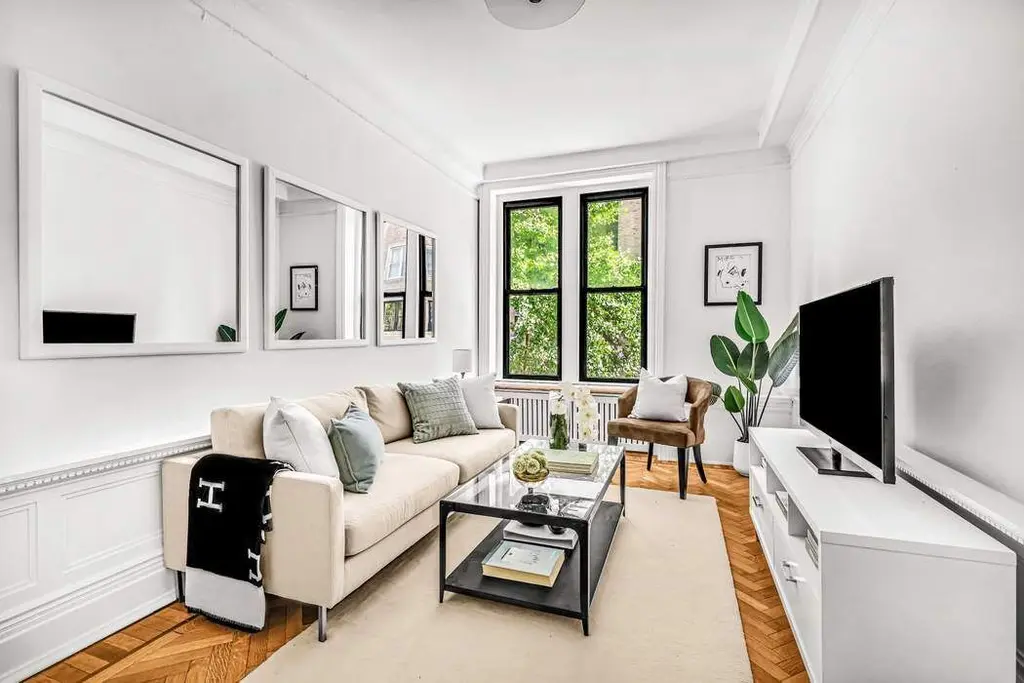
299 Riverside Drive, #3E (Sothebys International Realty)
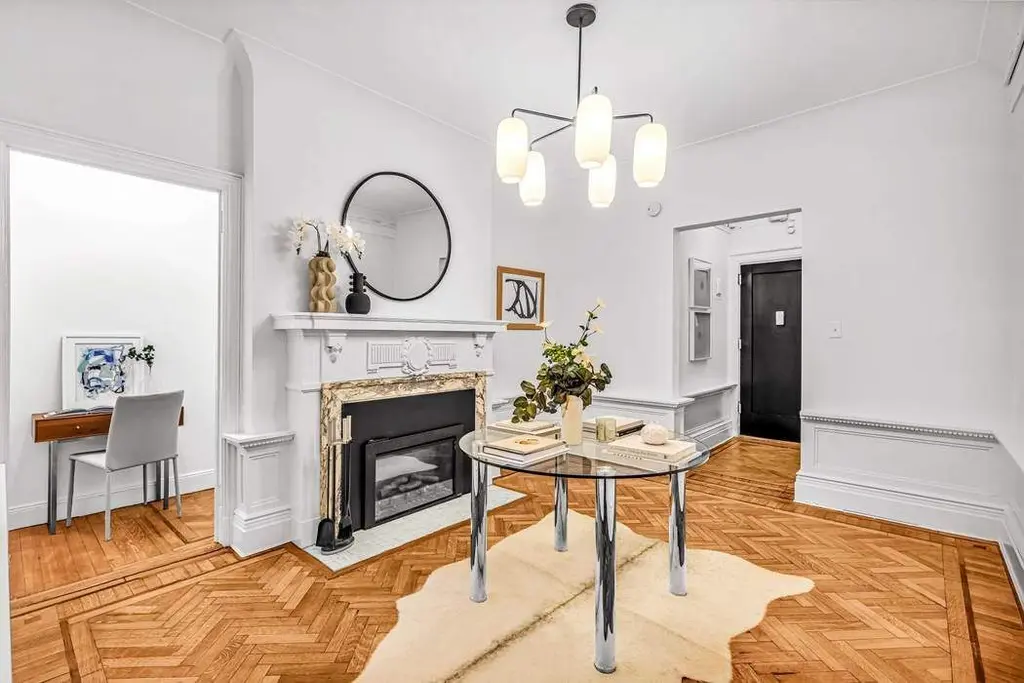
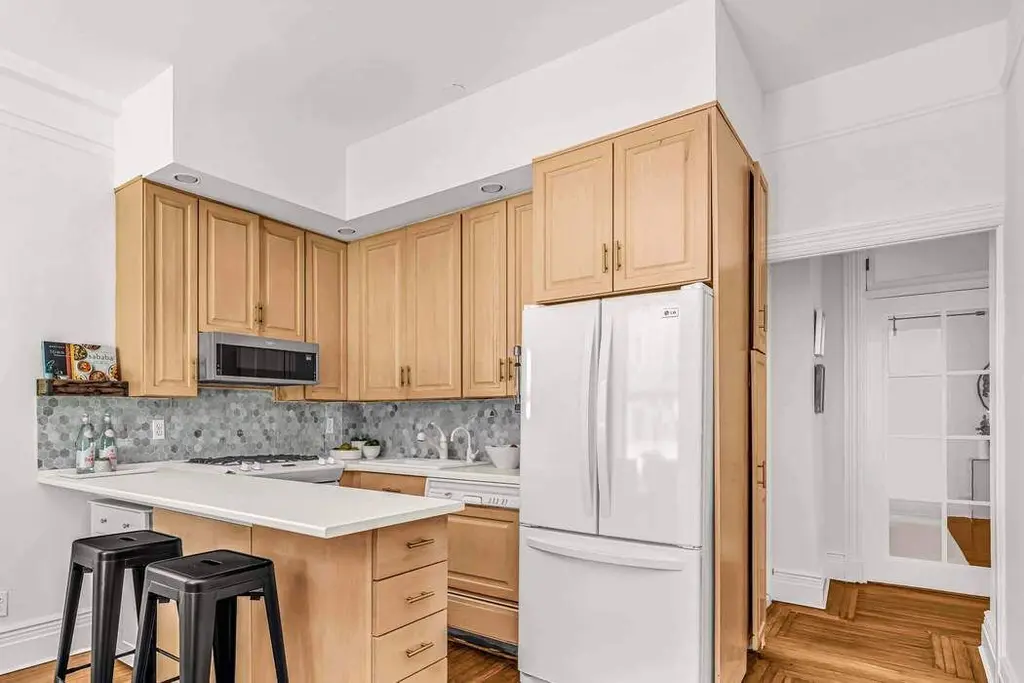
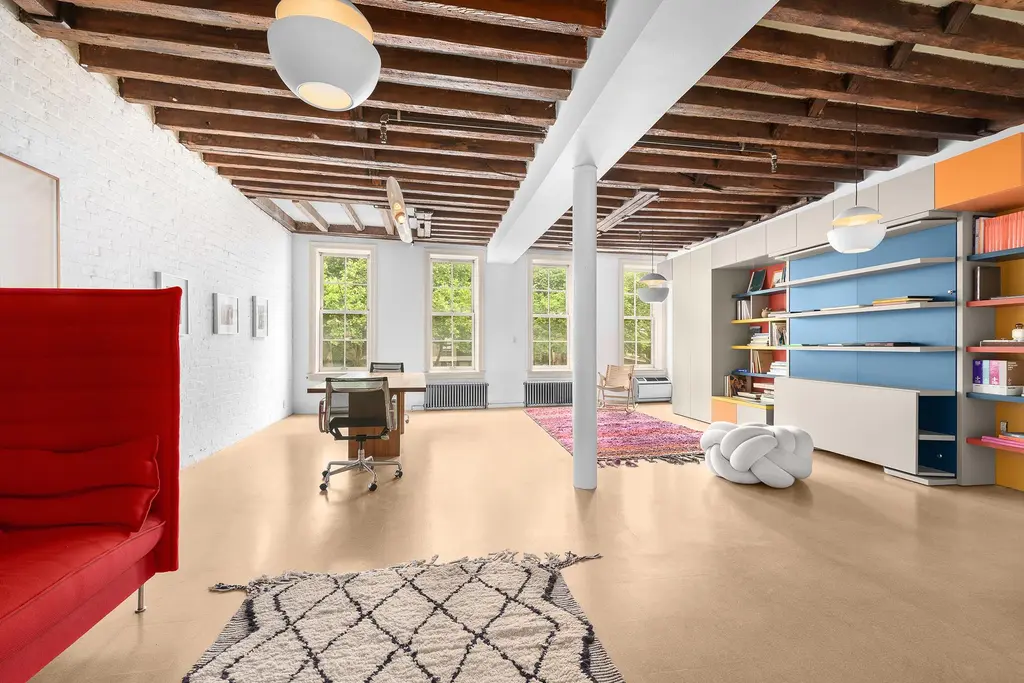
330 Pearl Street, #2A (Douglas Elliman Real Estate)
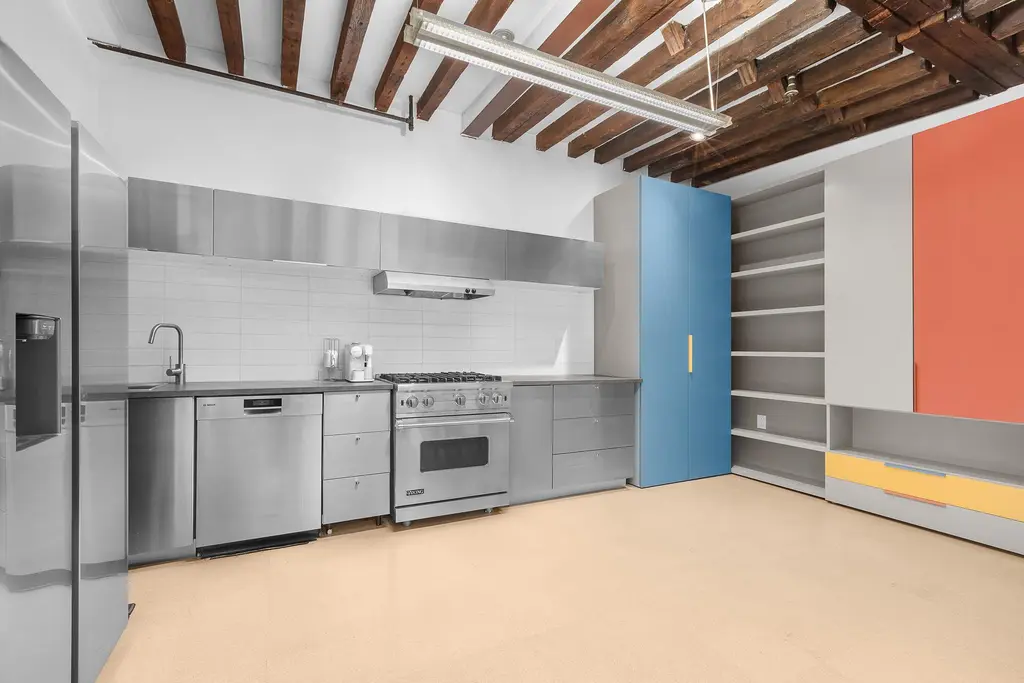
The Continental, #12D
$1,095,000
Turtle Bay/United Nations | Condominium | 2 Bedrooms, 2 Baths | 1,087 ft2

The Continental, #12D (Douglas Elliman Real Estate)
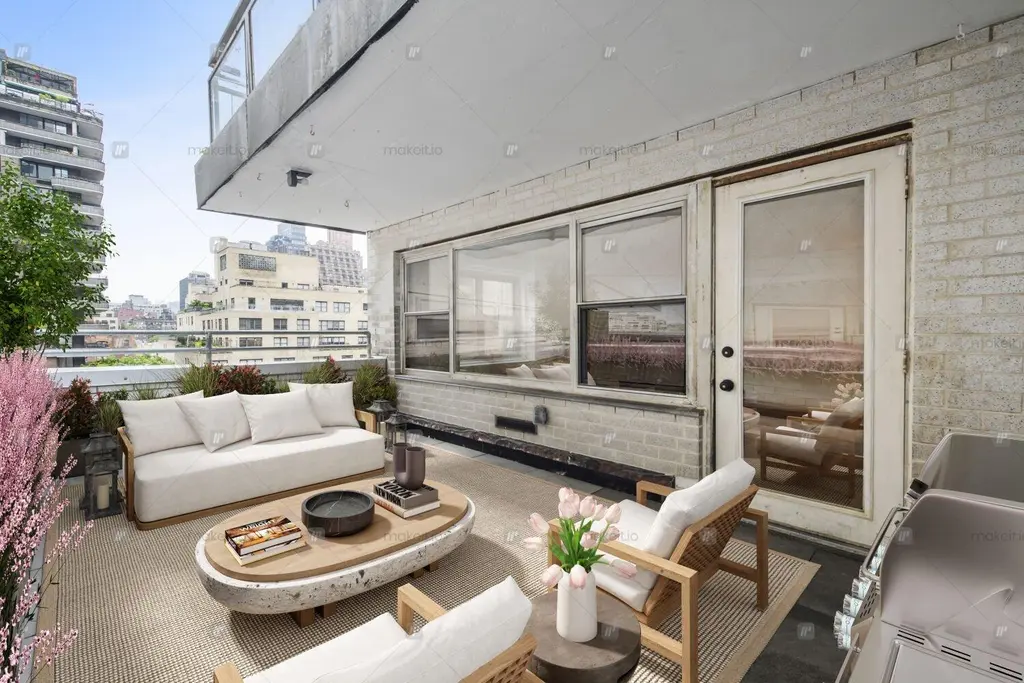
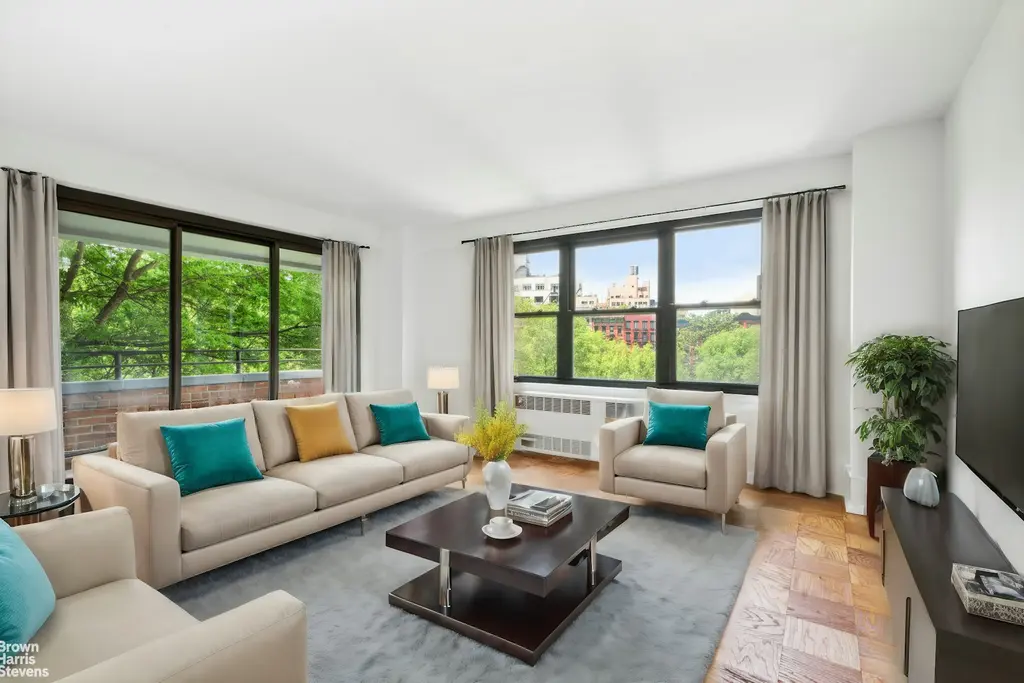
Seward Park (1-2), #K406 (Brown Harris Stevens Residential Sales LLC)
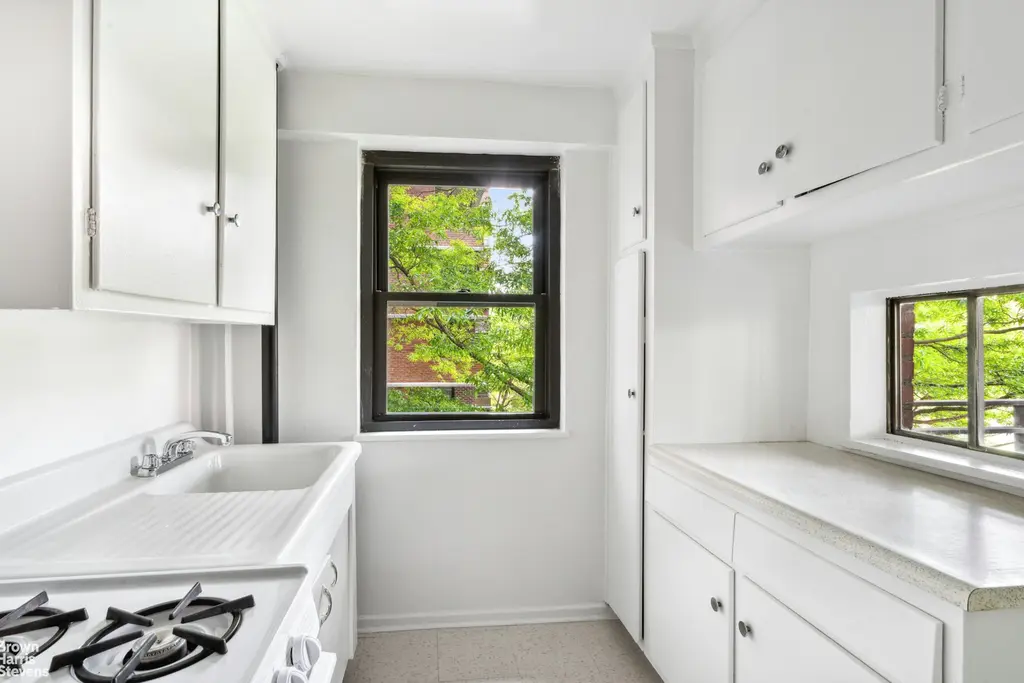
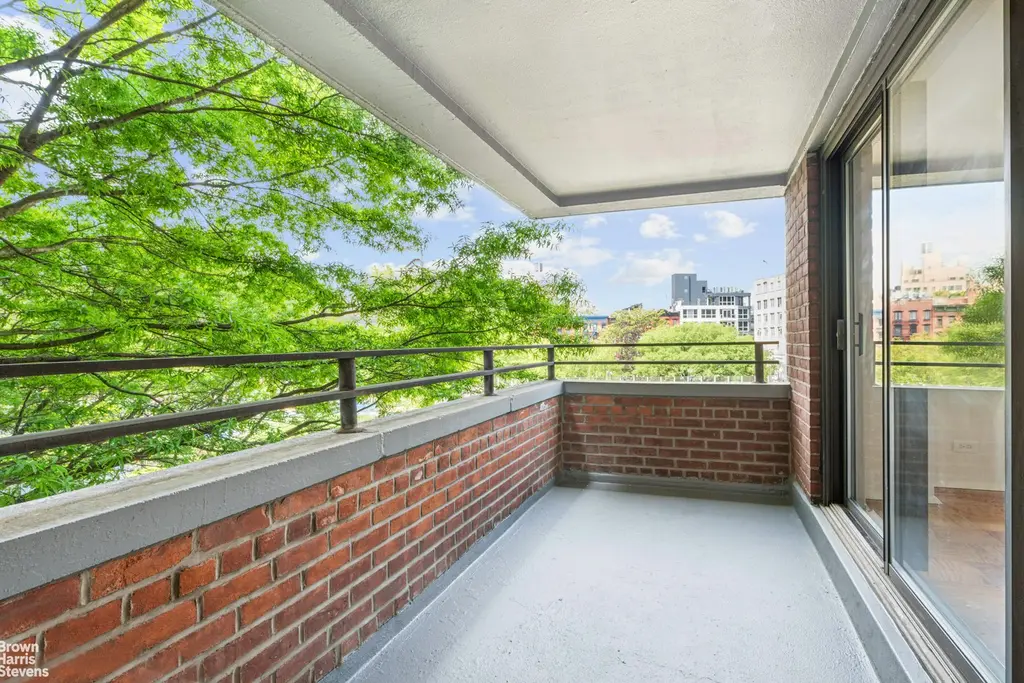
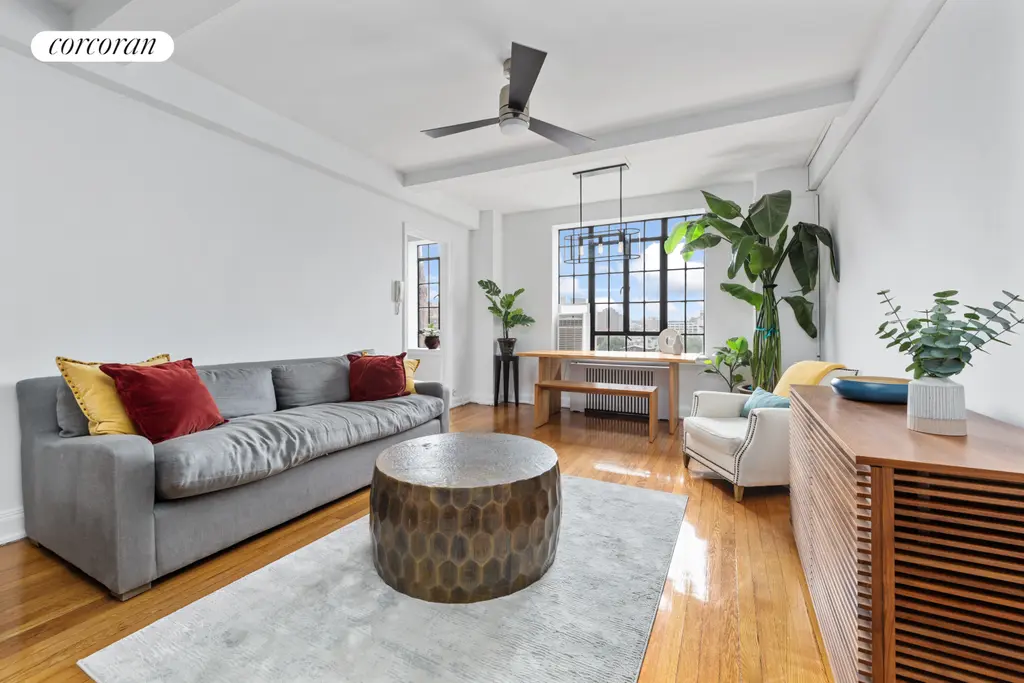
The Griffin, #10D (Corcoran Group)
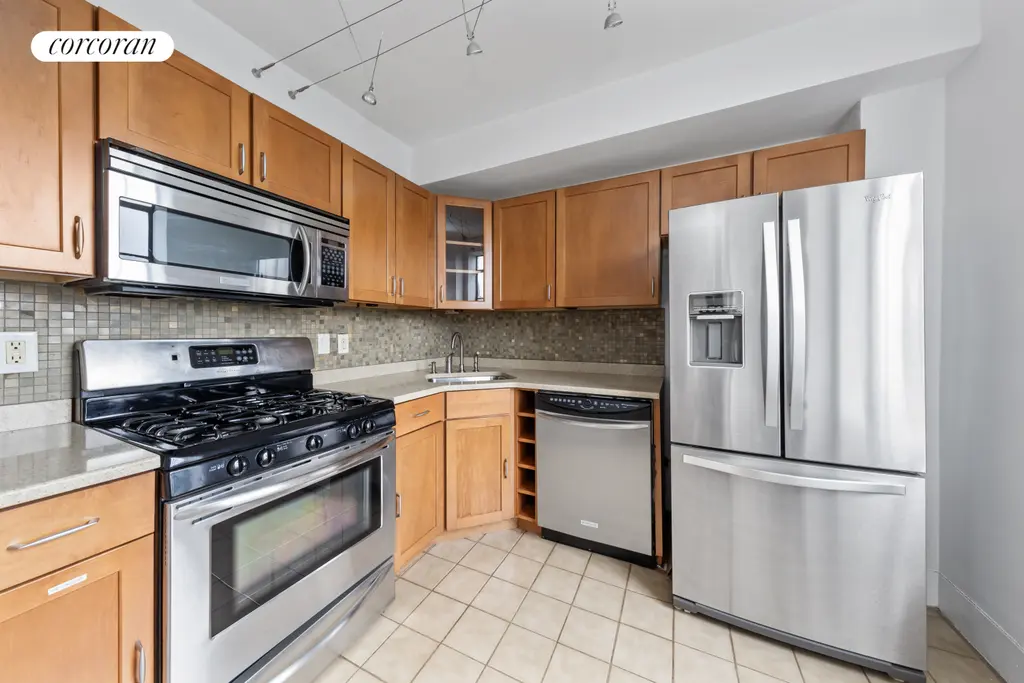
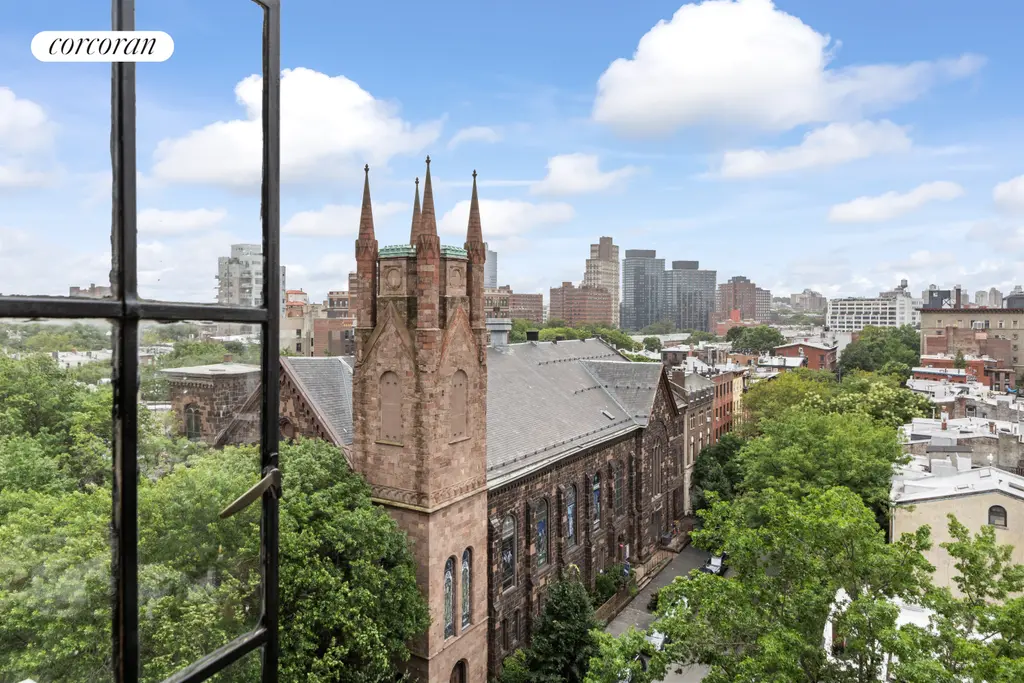
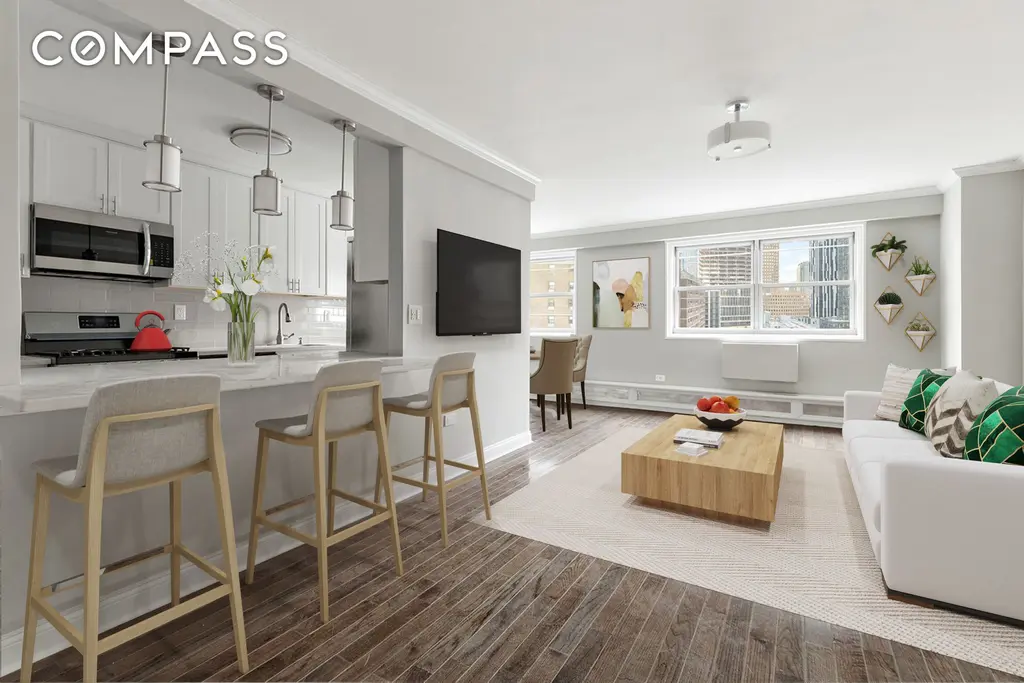
University Towers, #4L (Compass)
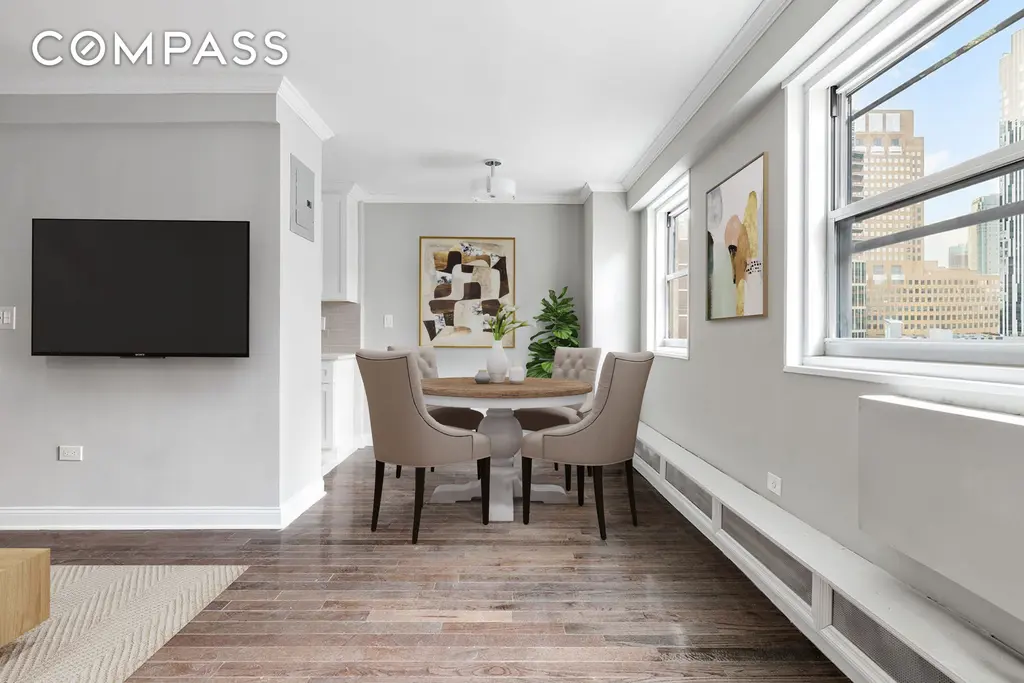
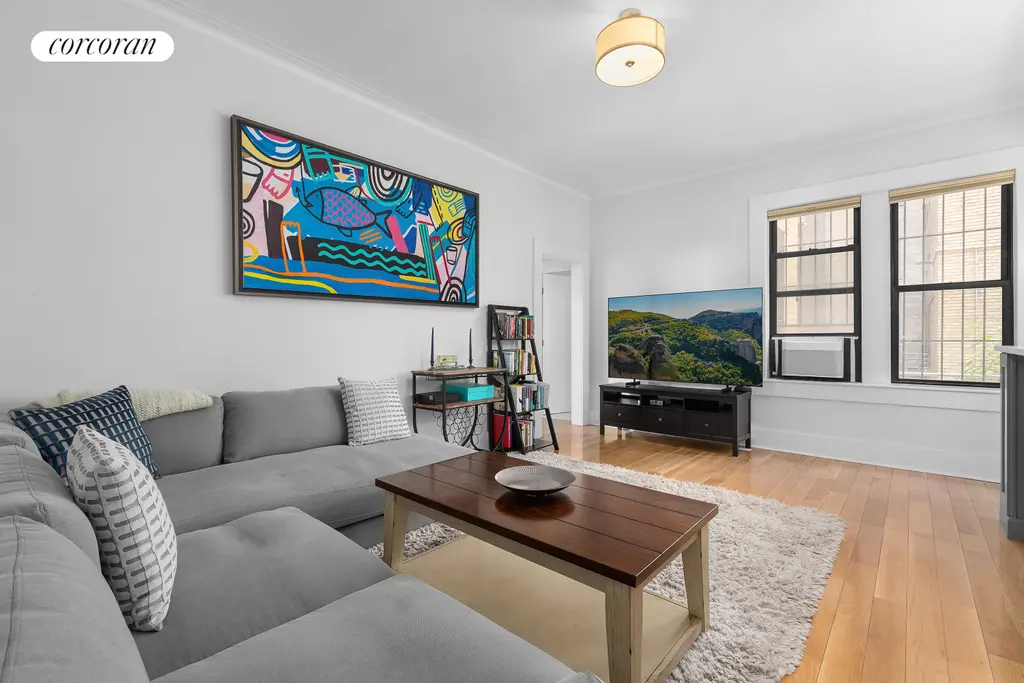
304 West 89th Street, #1A (Corcoran Group)
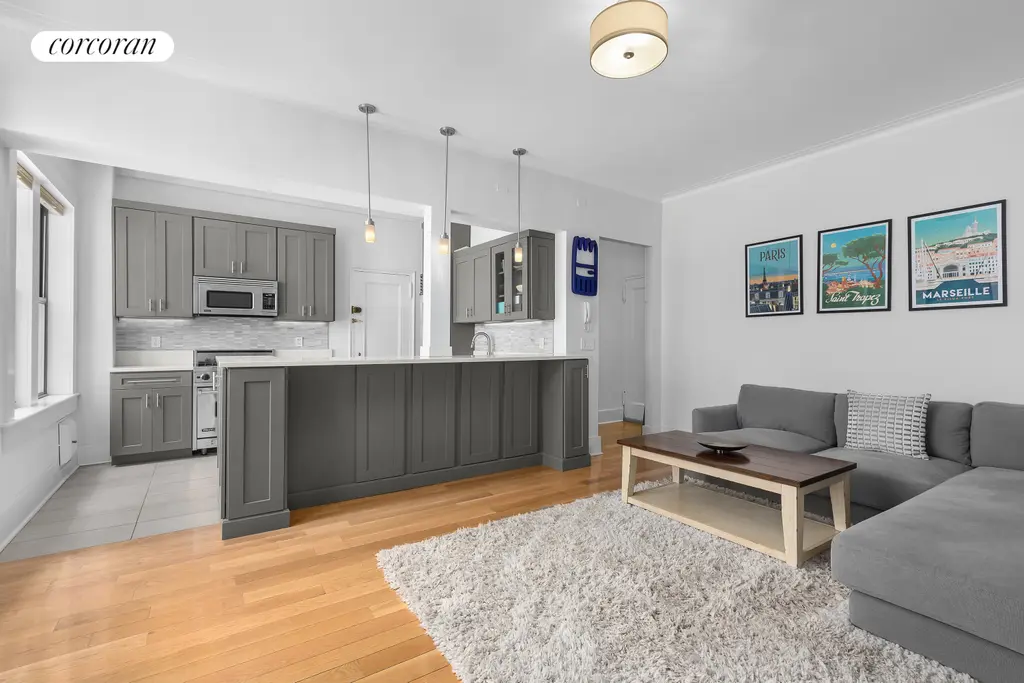
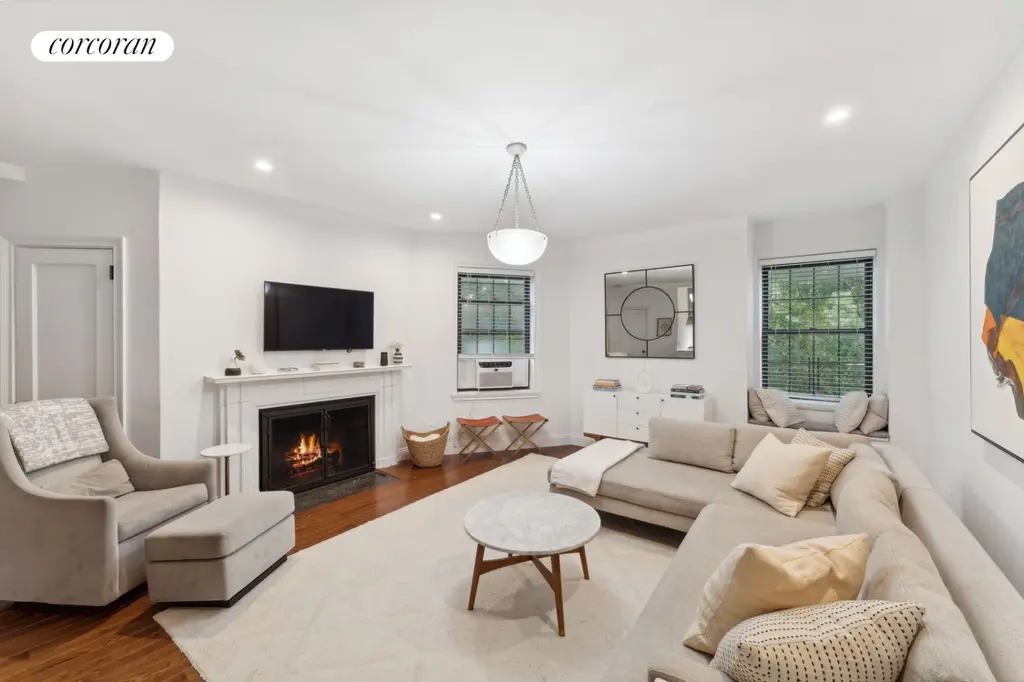
1 Ascan Avenue, #35 (Corcoran Group)
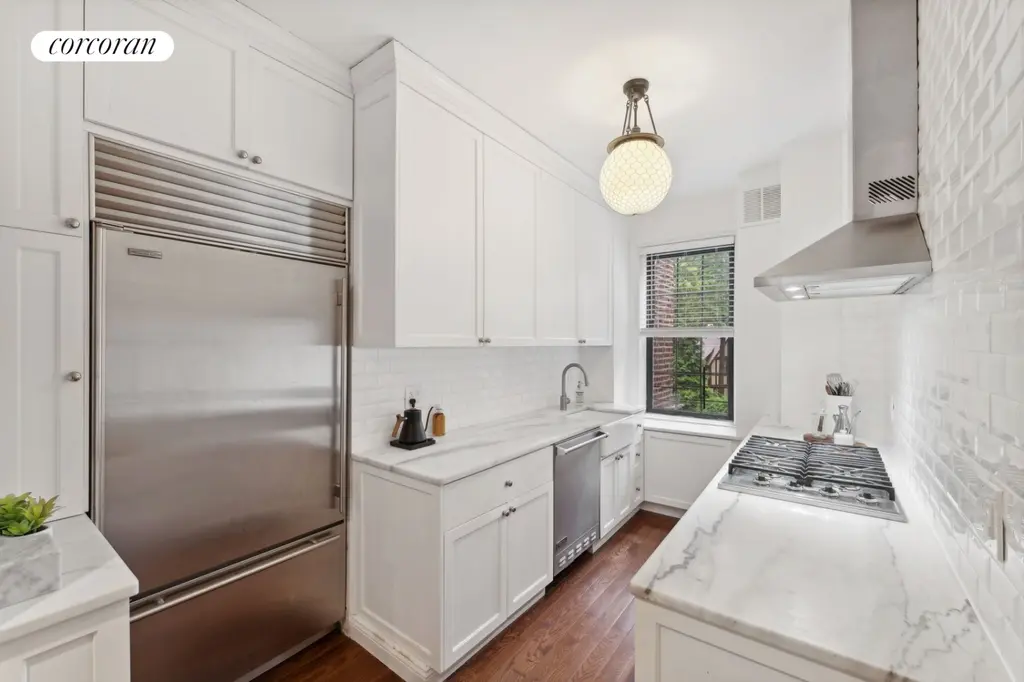
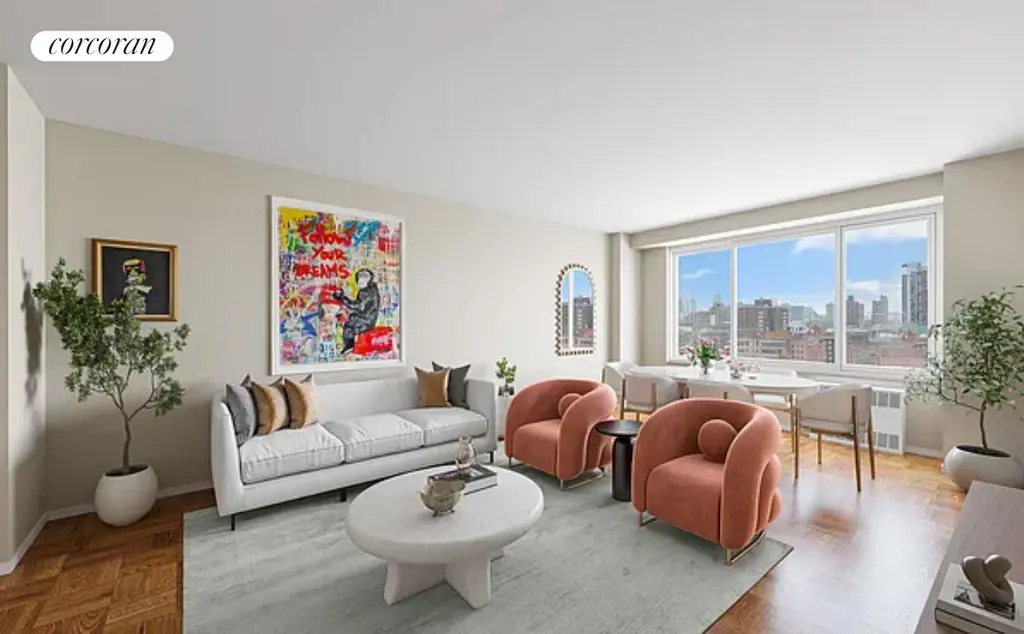
CPW Towers, #12V (Corcoran Group)
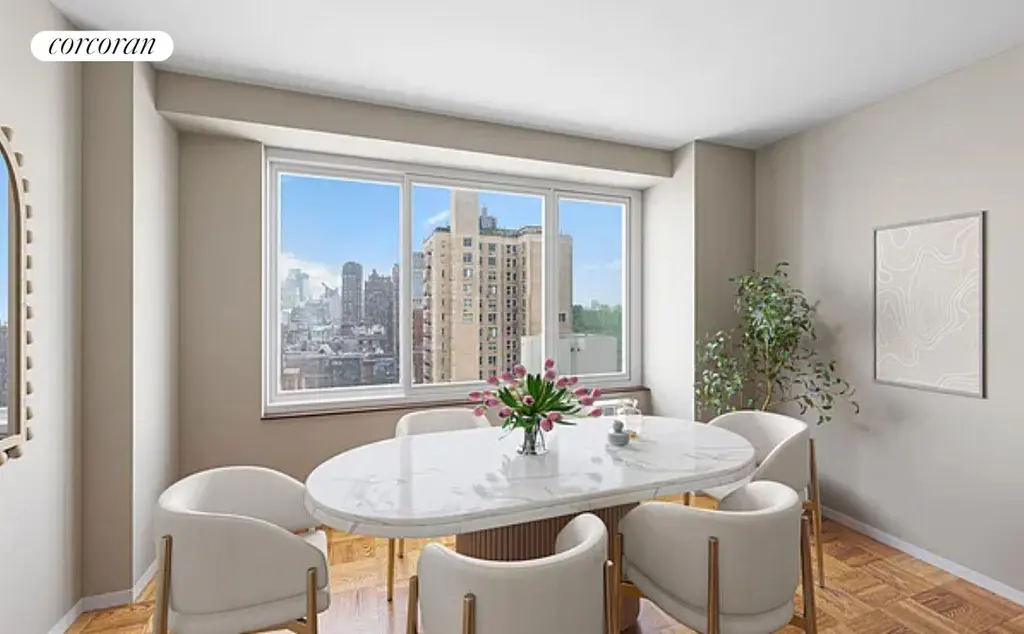
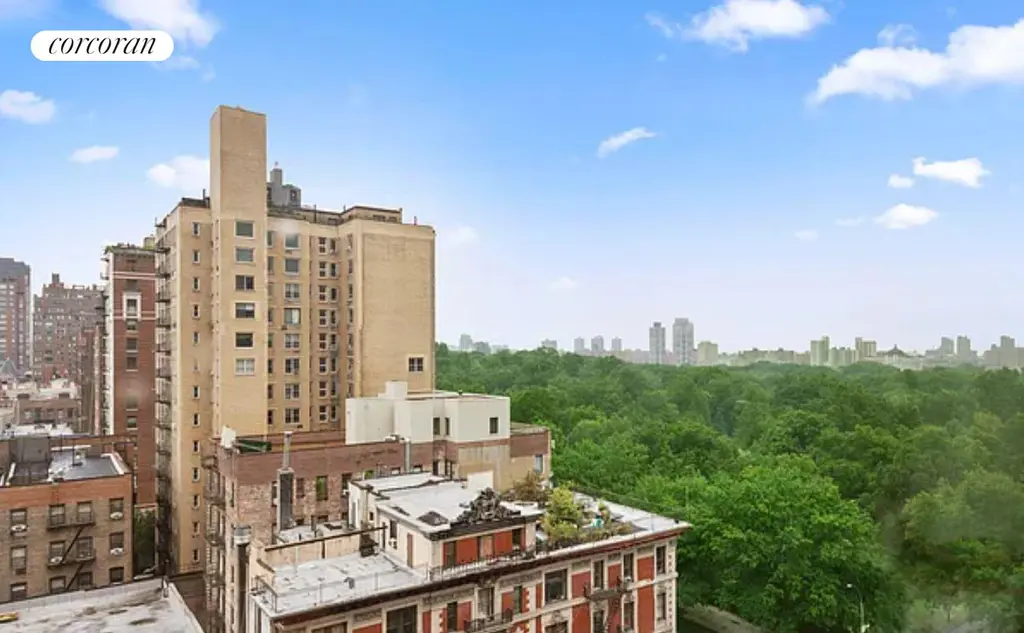
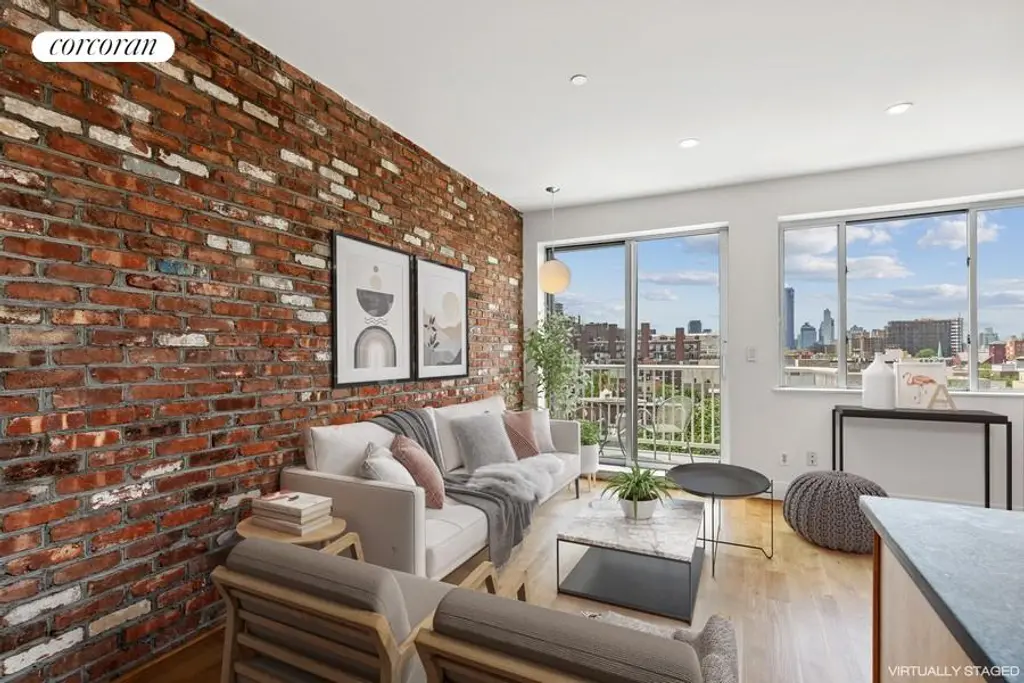
201 Spencer Street, #9B (Corcoran Group)
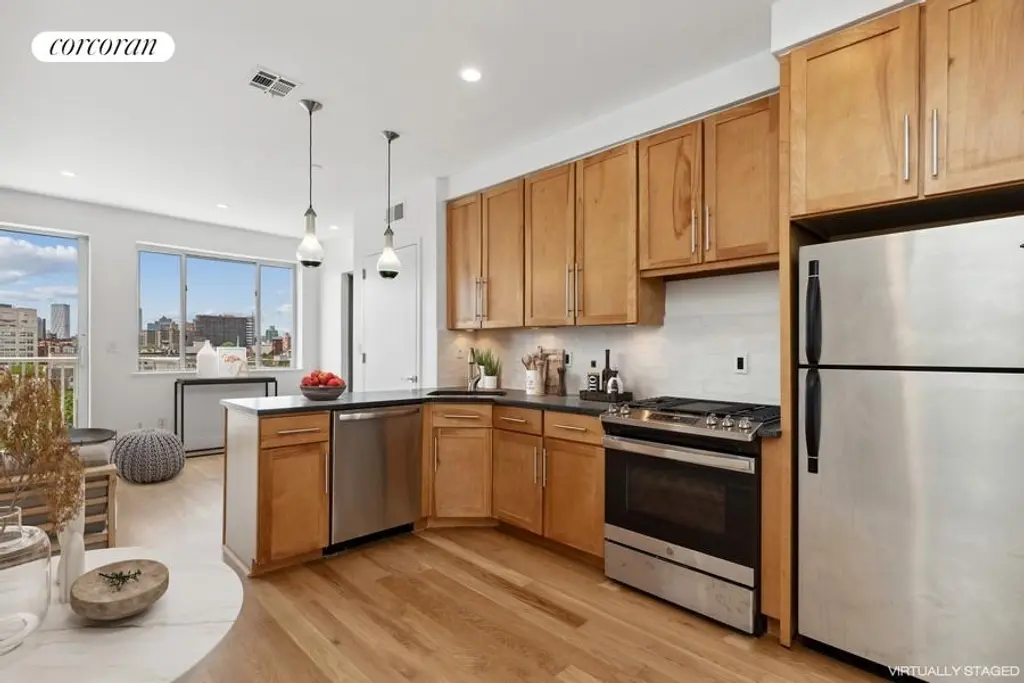
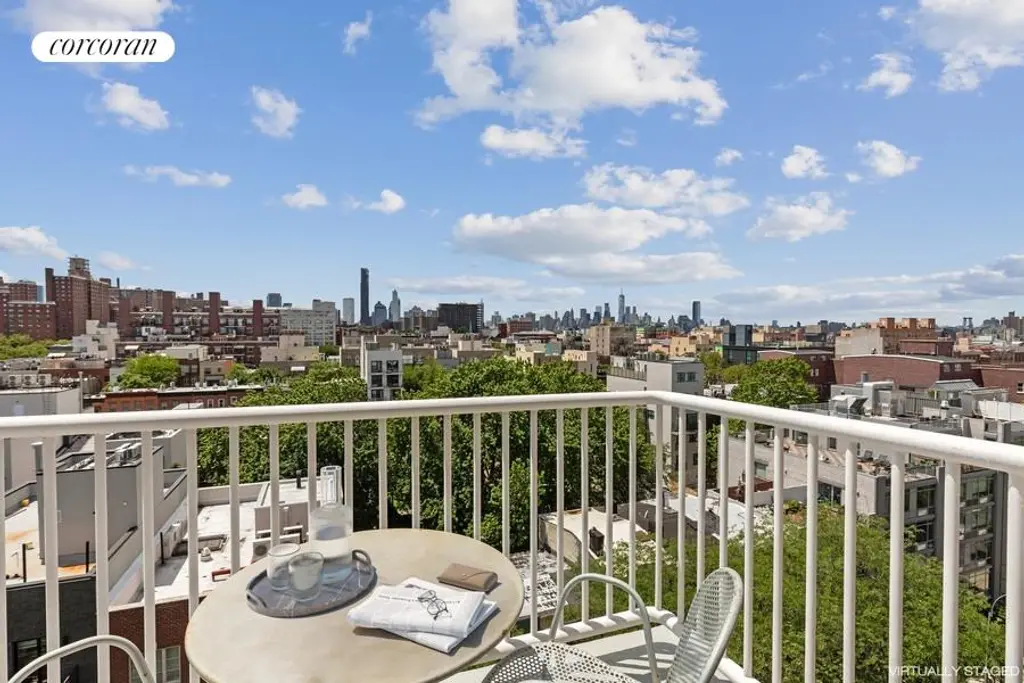
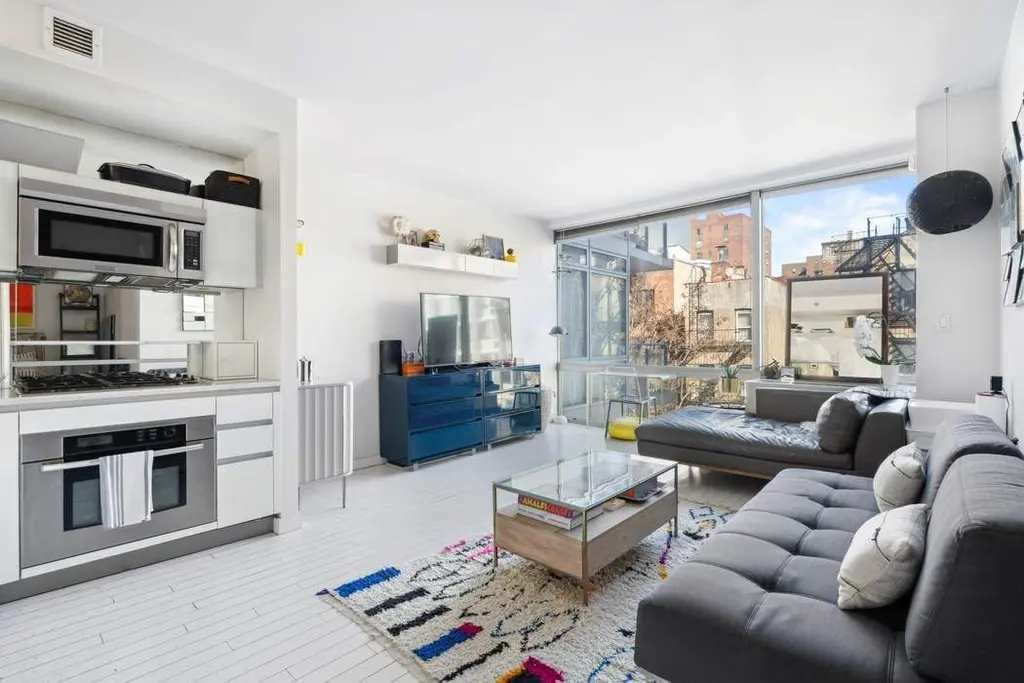
The A Building, #5E (Sothebys International Realty)
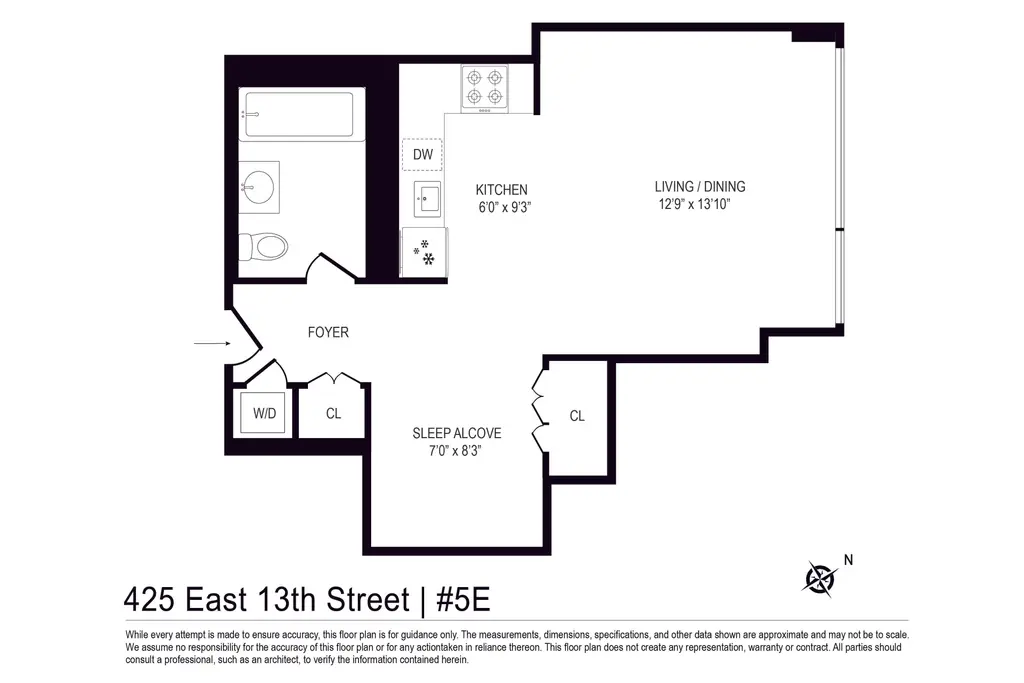
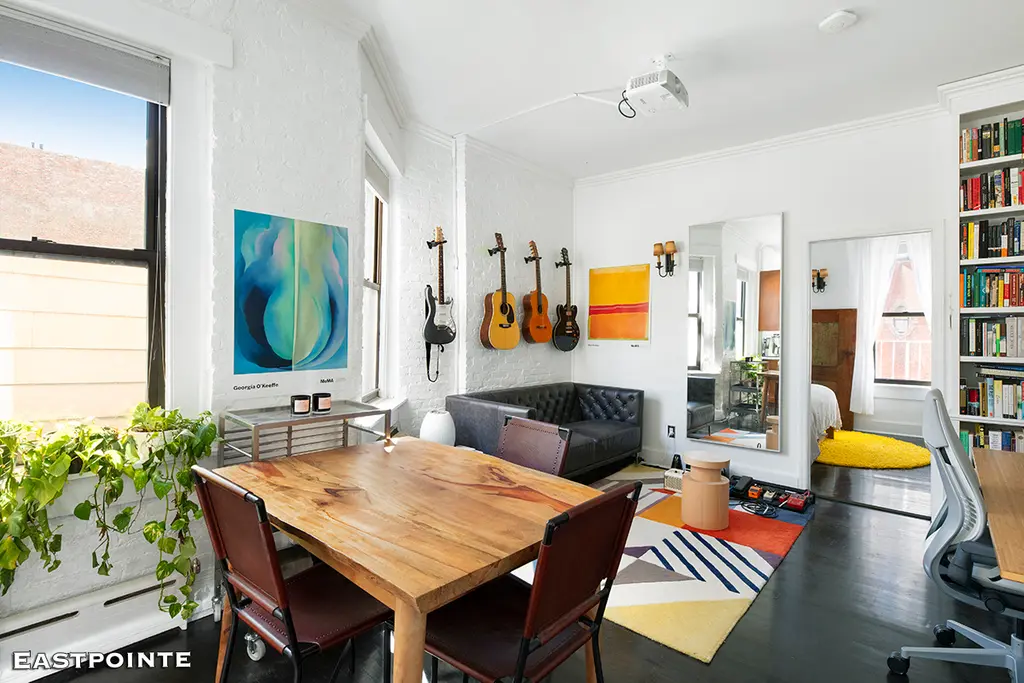
32 Jones Street, #3A (Eastpointe Residential Inc)
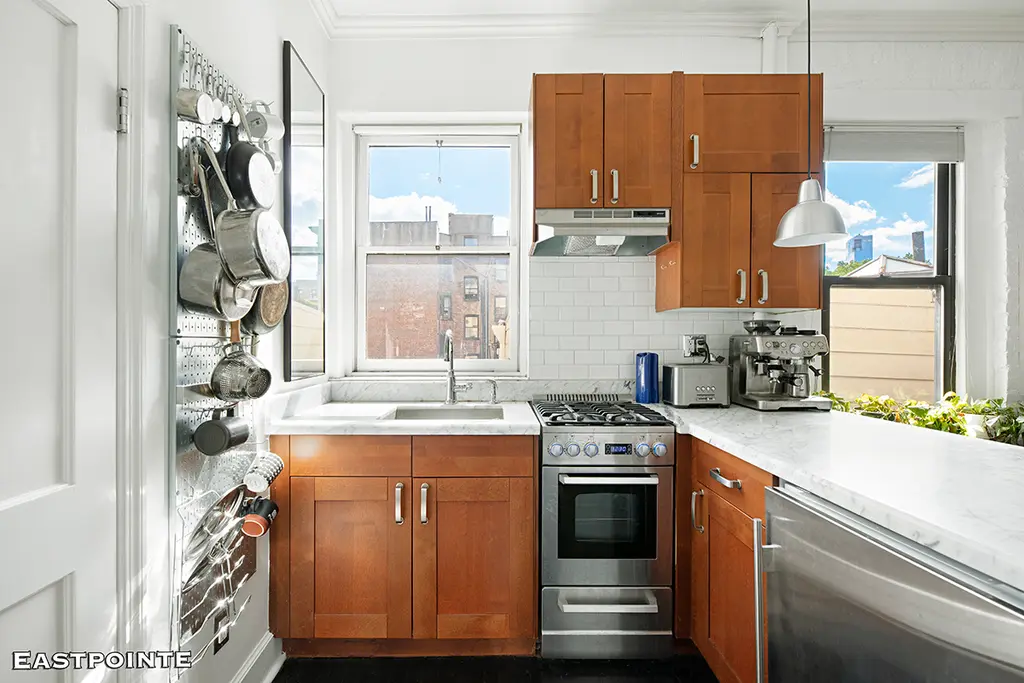
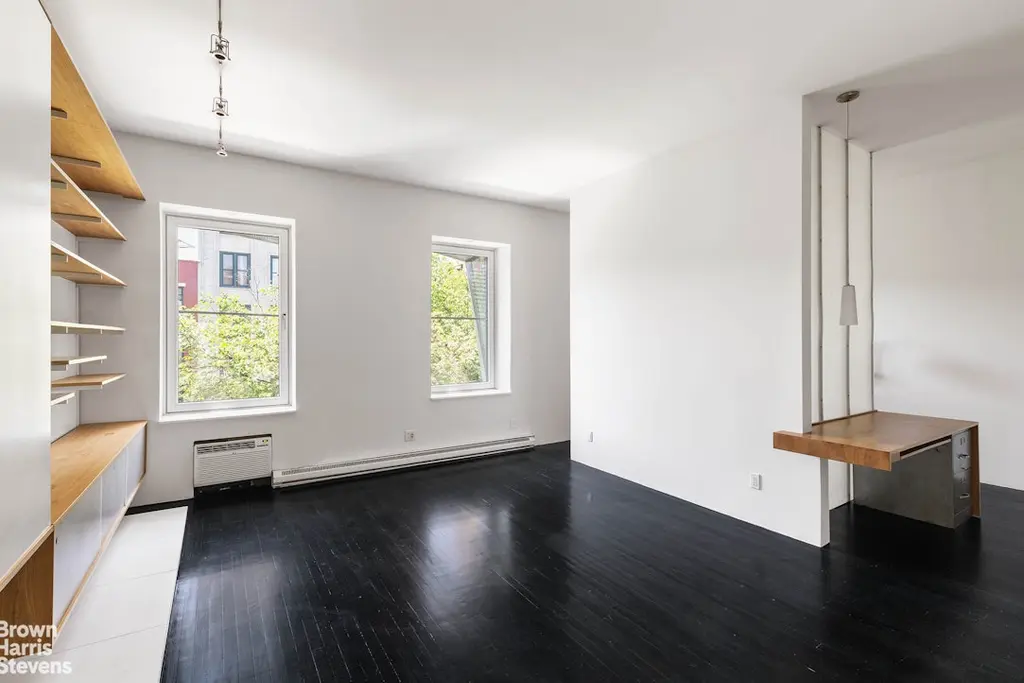
221 West 14th Street, #3A (Brown Harris Stevens Residential Sales LLC)
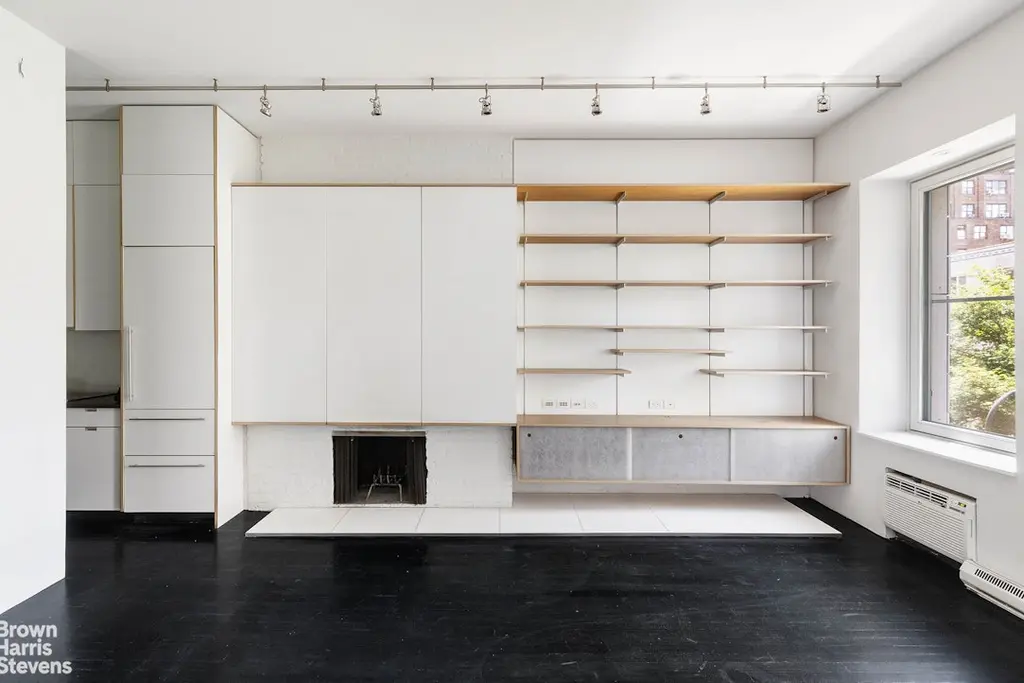
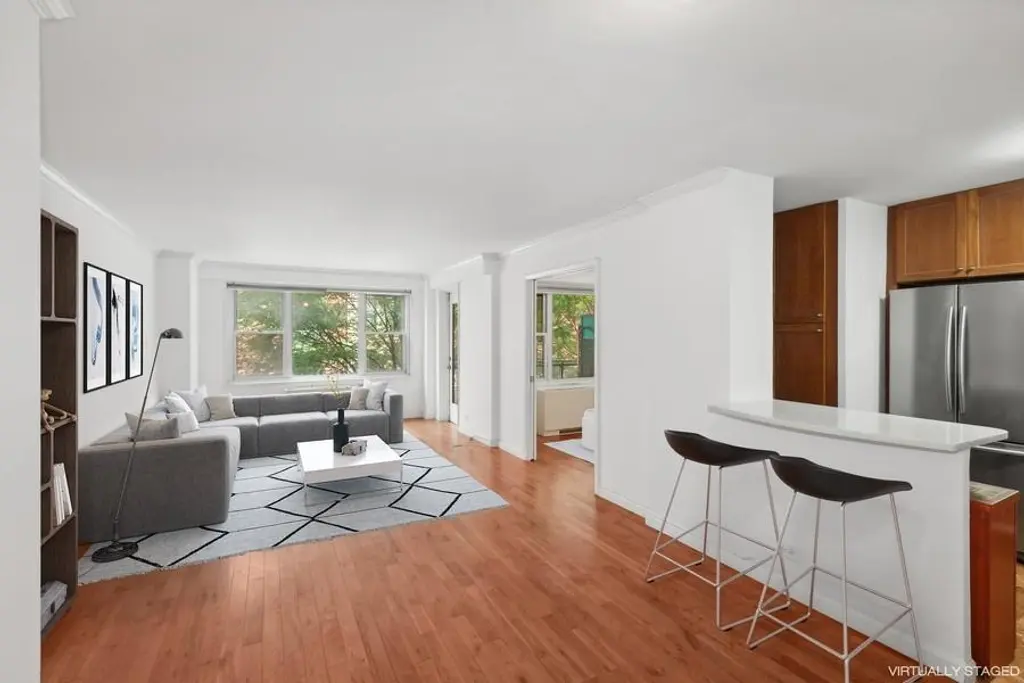
Emery Towers, #3A (The Berkson Group)
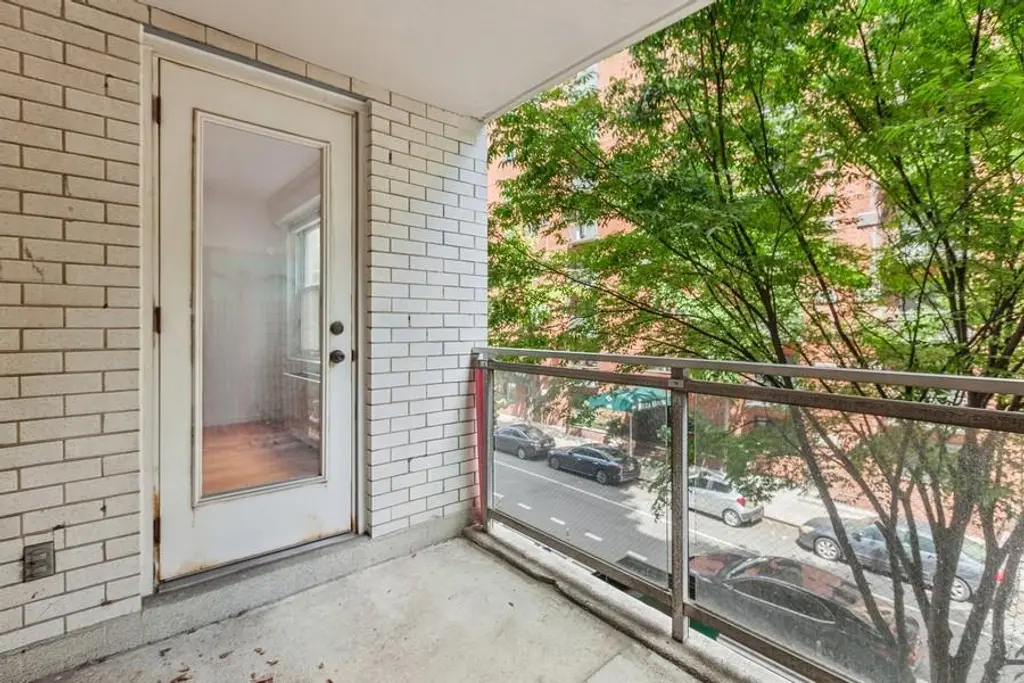
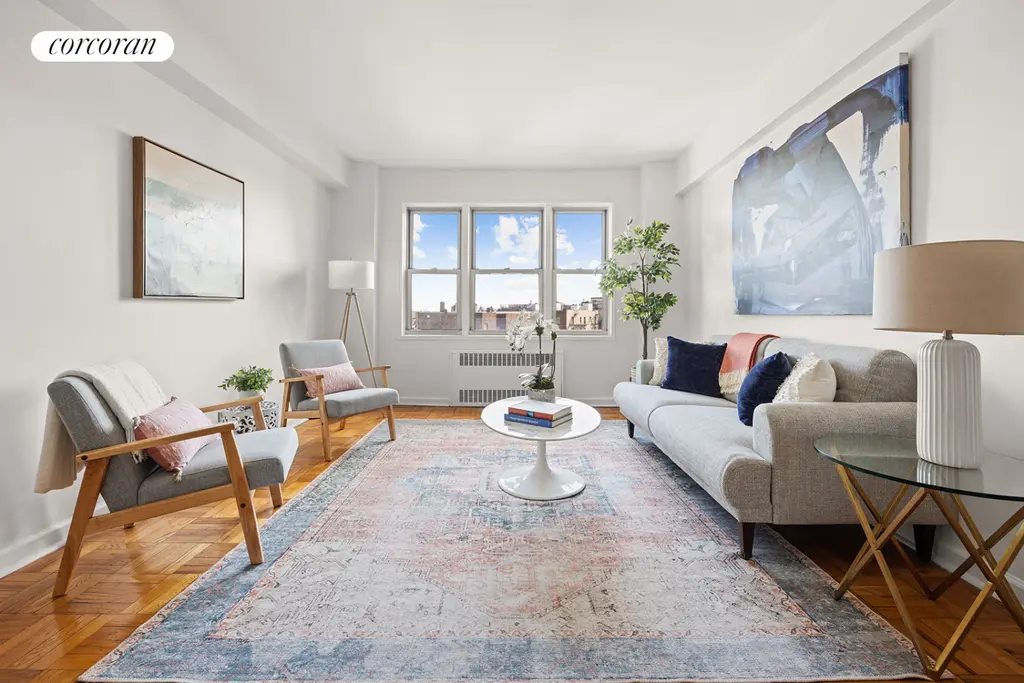
34 Plaza Street, #810 (Corcoran Group)
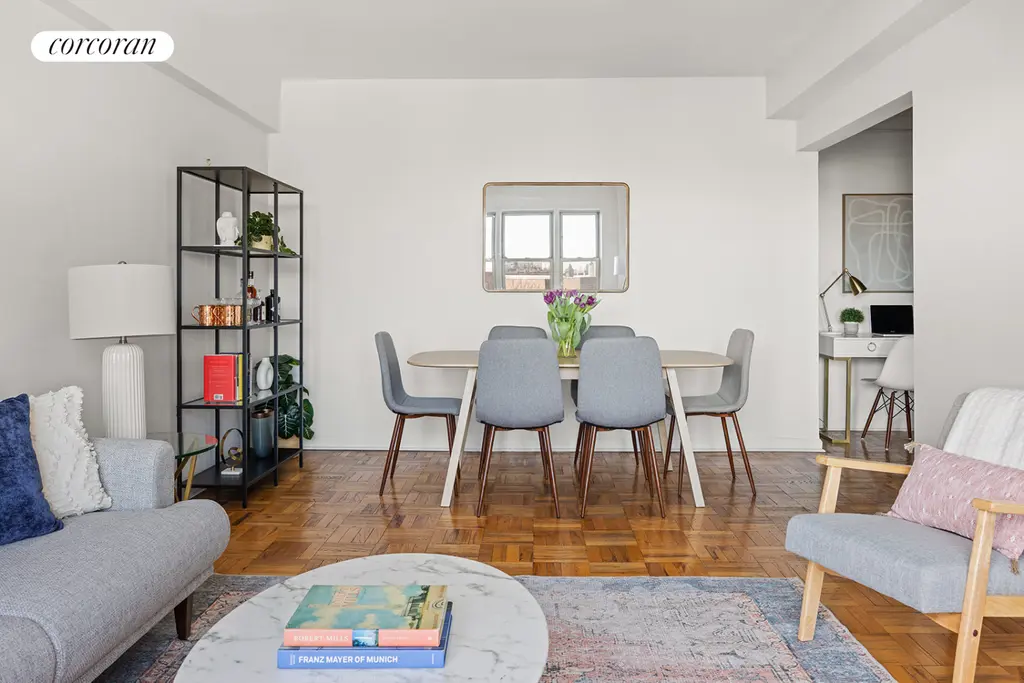
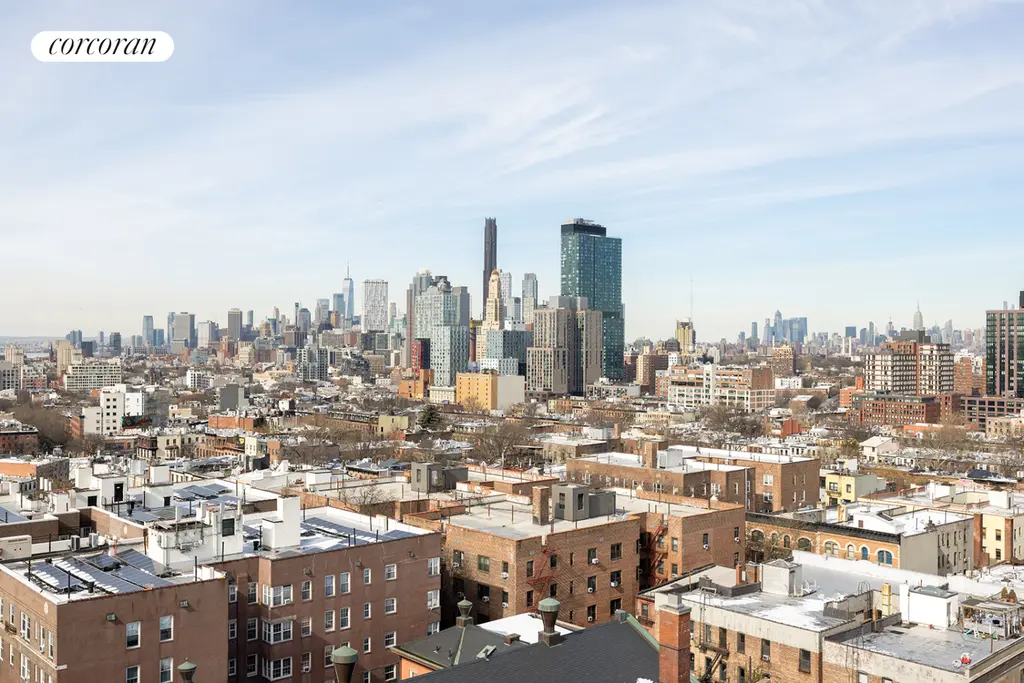
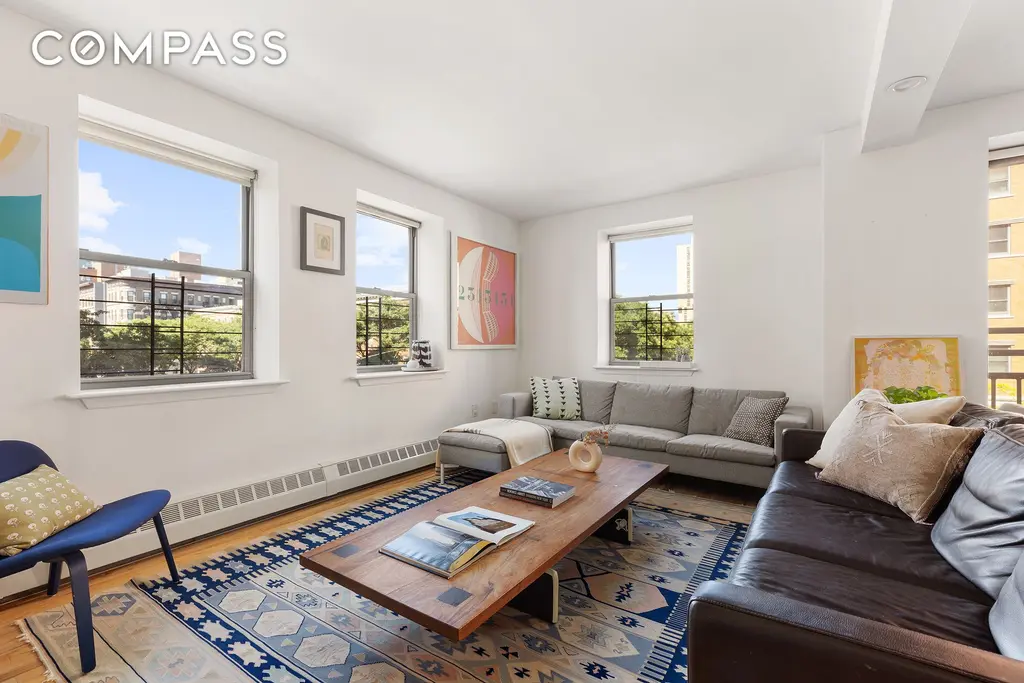
Madison Plaza, #3J (Compass)
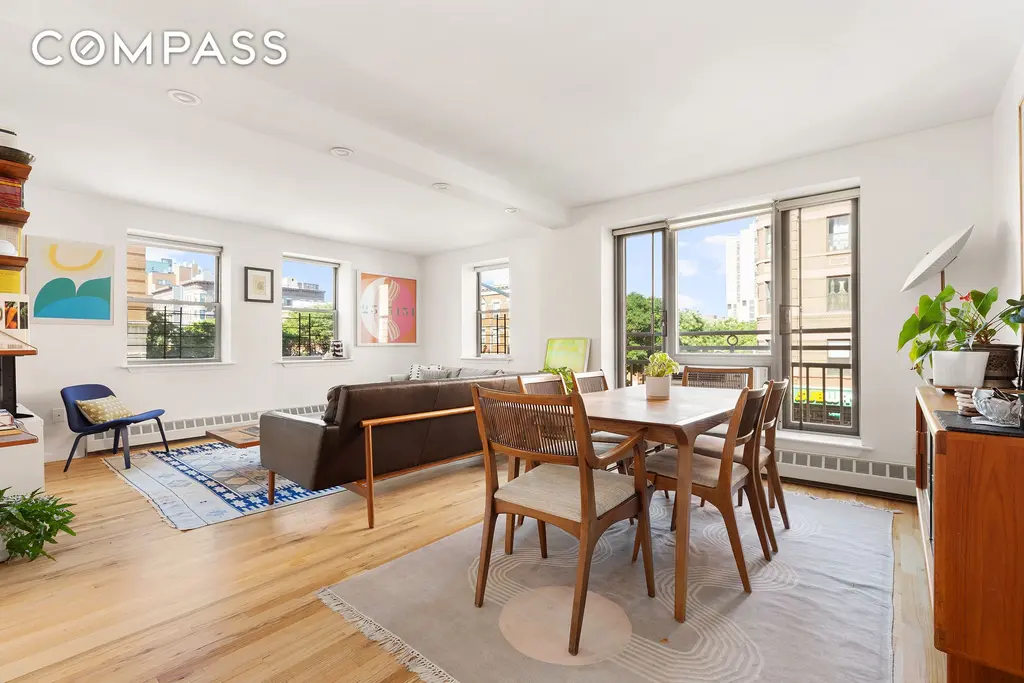
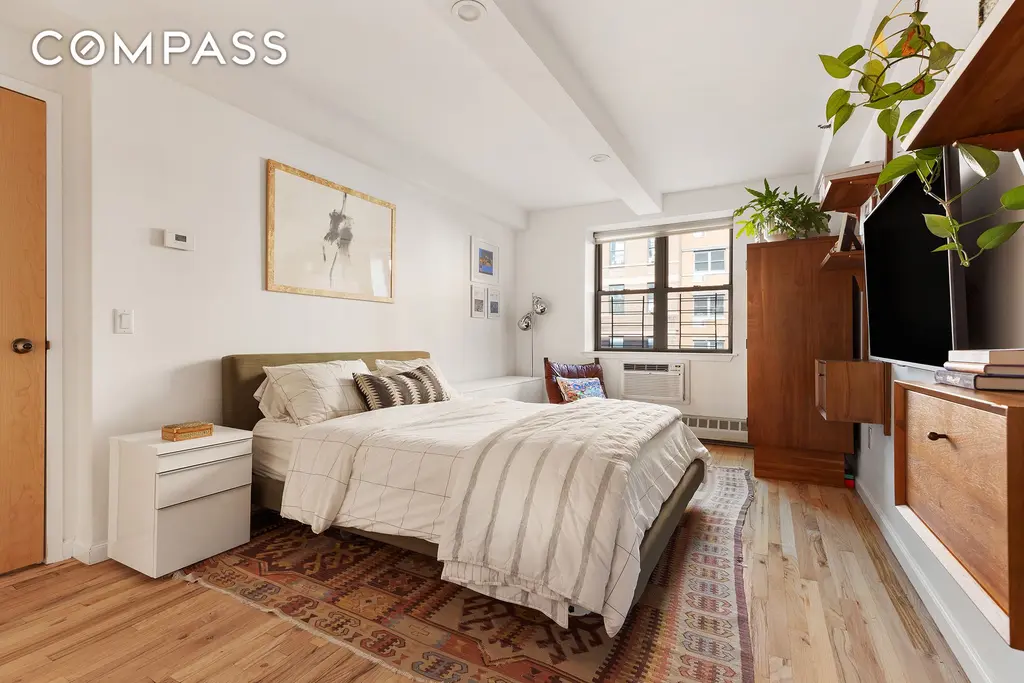
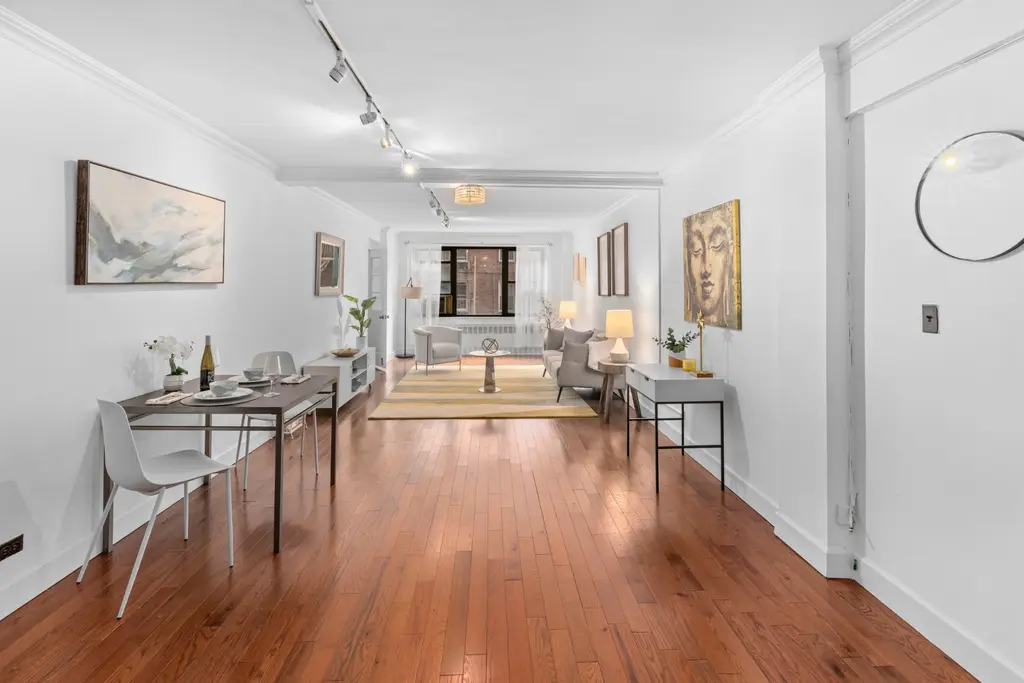
The Geneva, #2M (Keller Williams NYC)
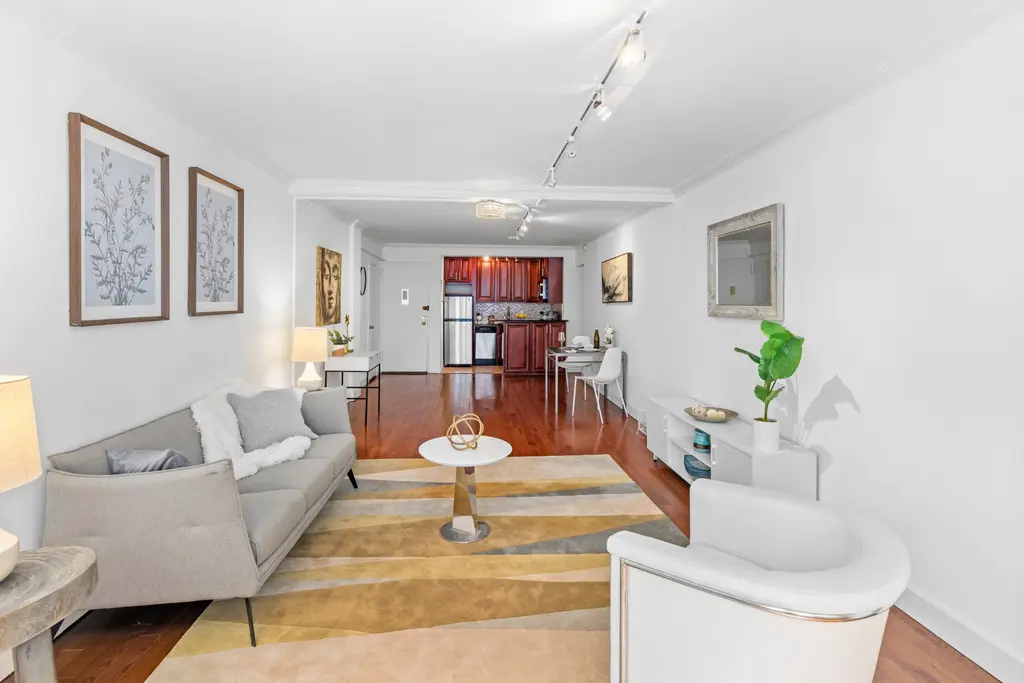
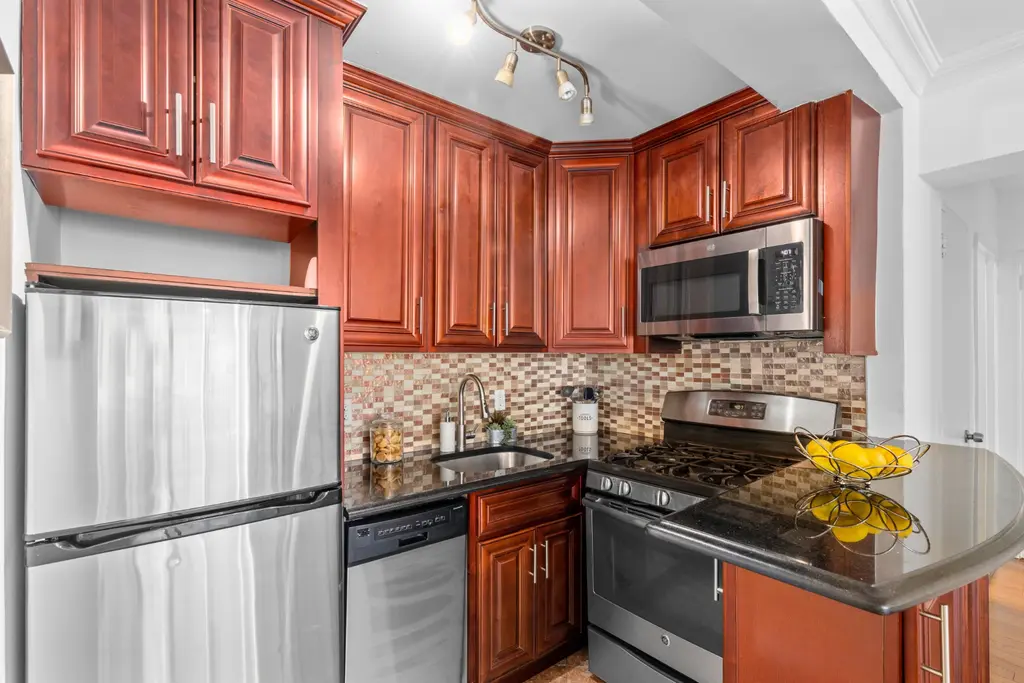
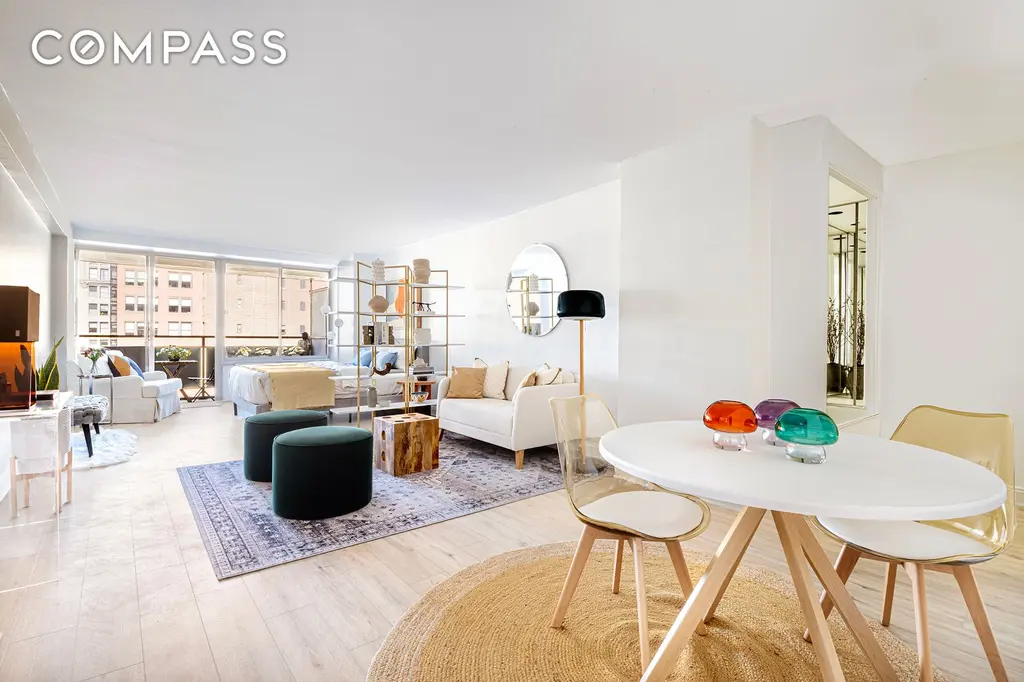
Gramercy Spire, #12G (Compass)
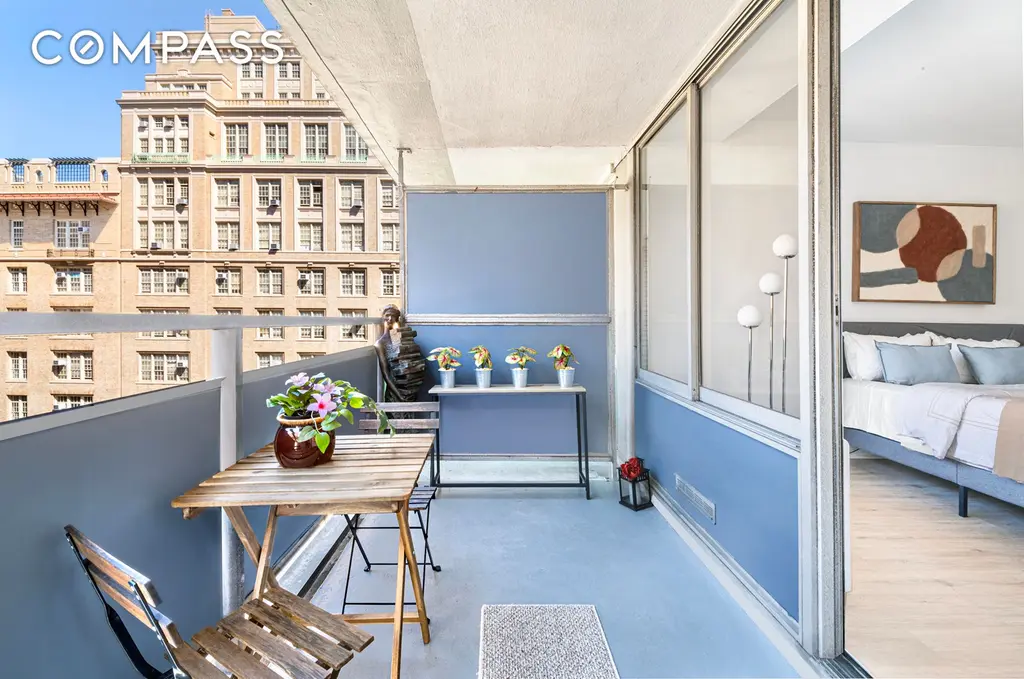
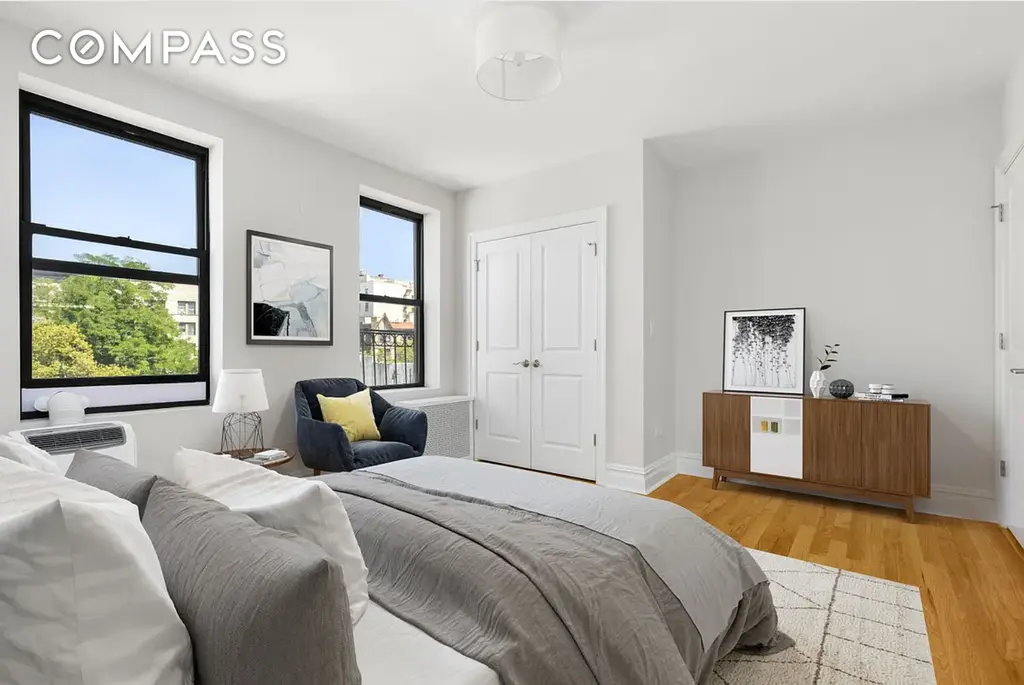
807 Riverside Drive, #6A (Compass)
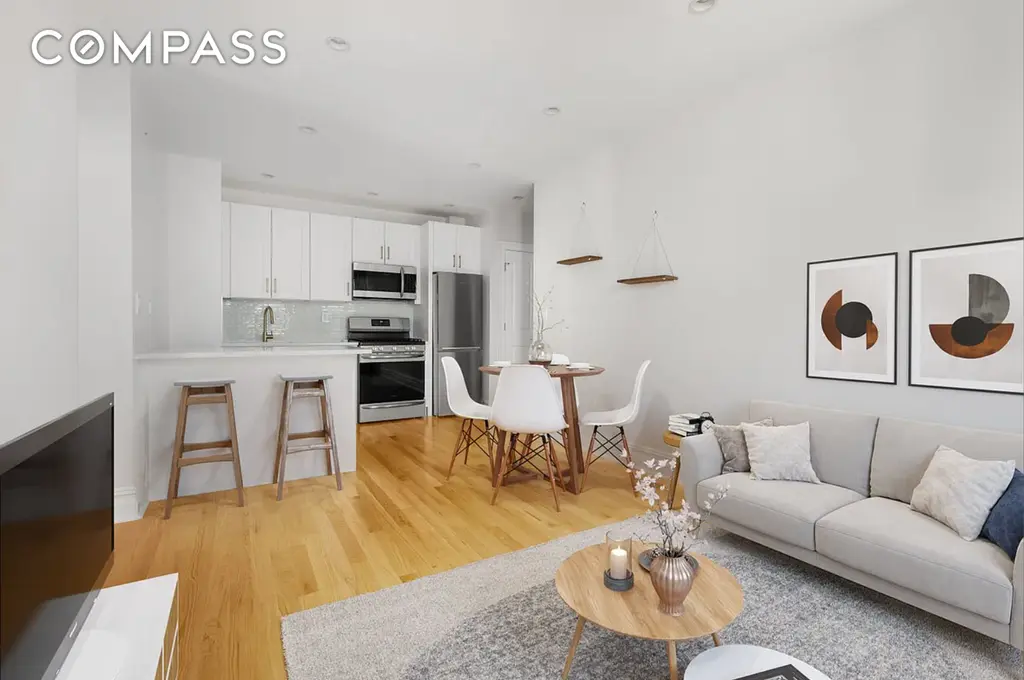
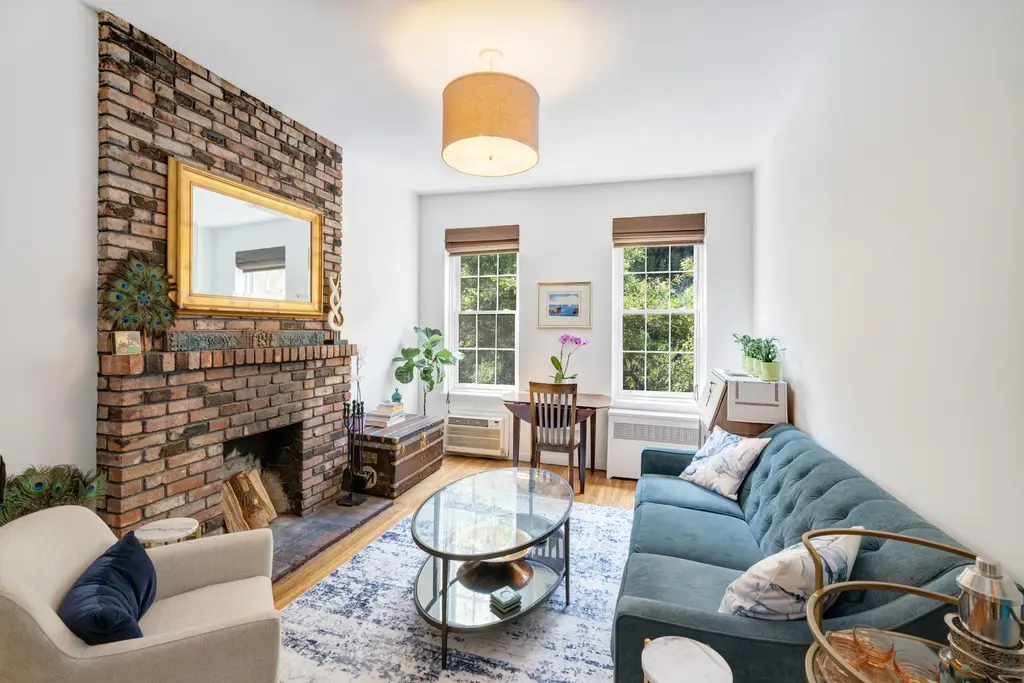
345 West 21st Street, #3D (Douglas Elliman Real Estate)
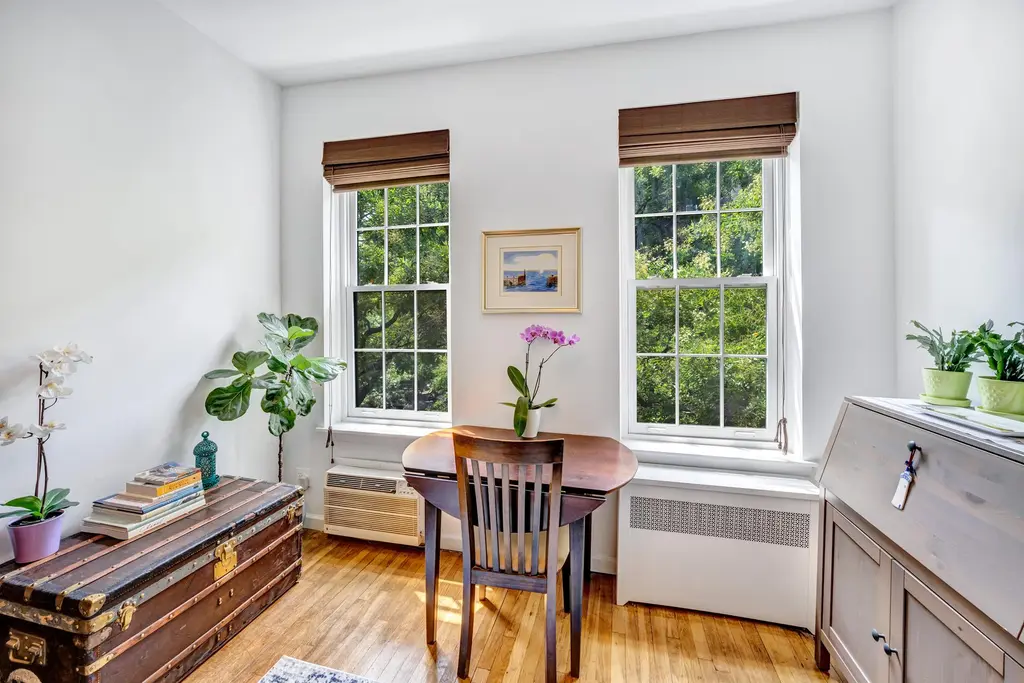
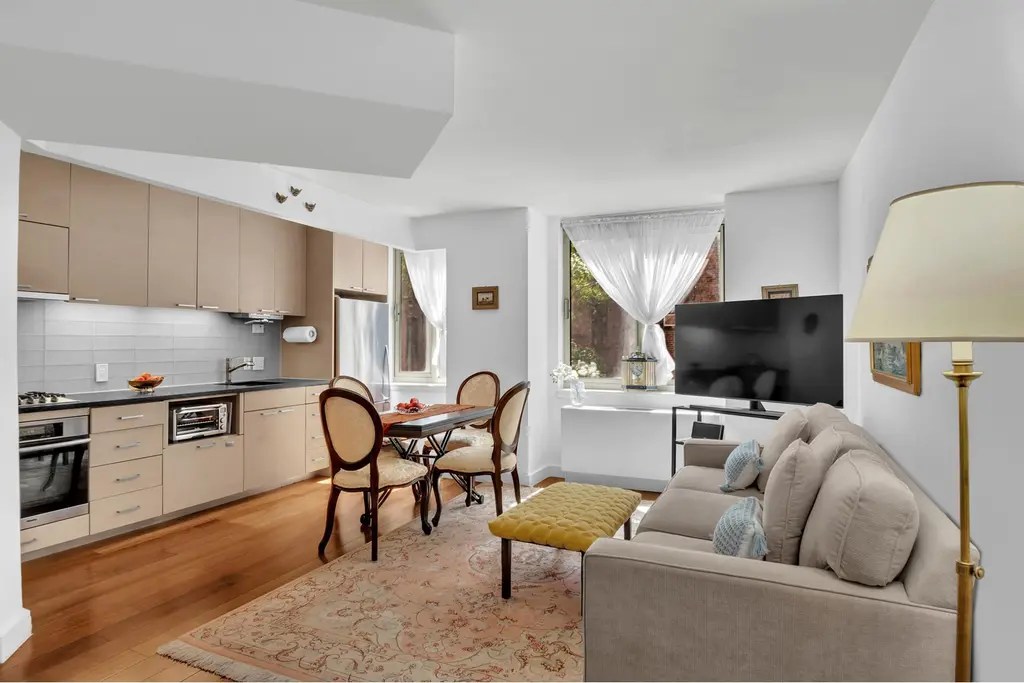
The Omni, #4C (Douglas Elliman Real Estate)
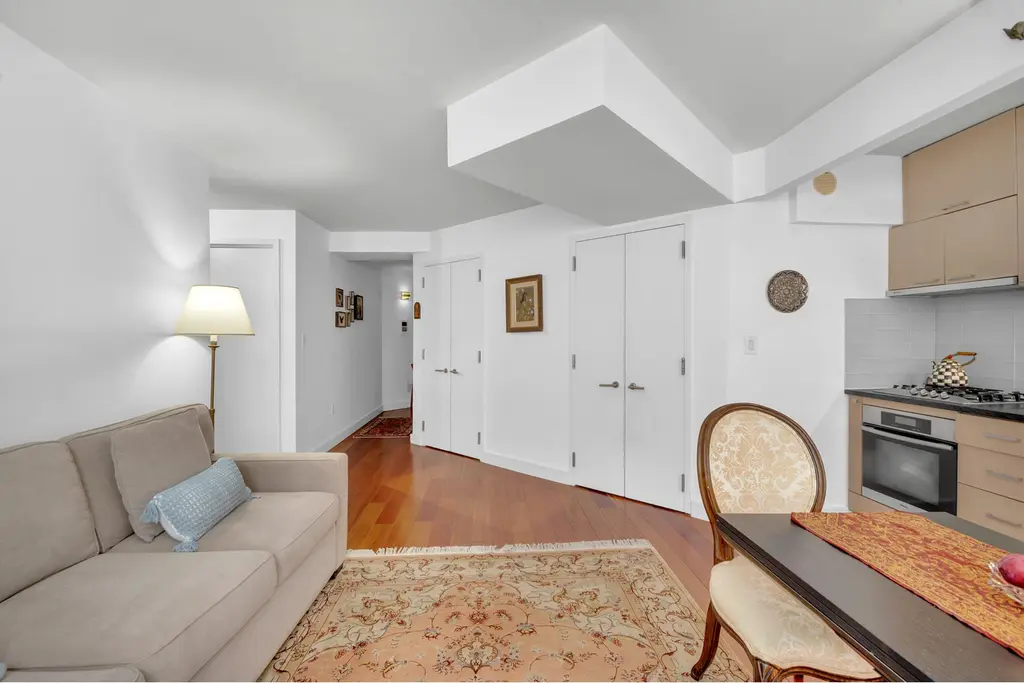
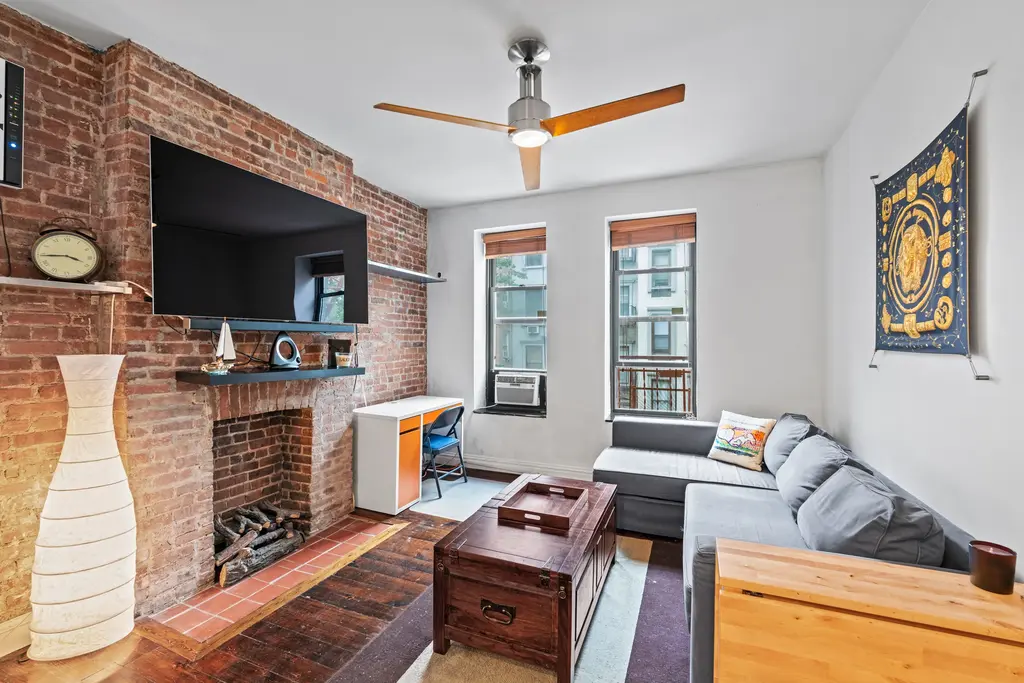
336 East 77th Street, #11 (Nest Seekers LLC)
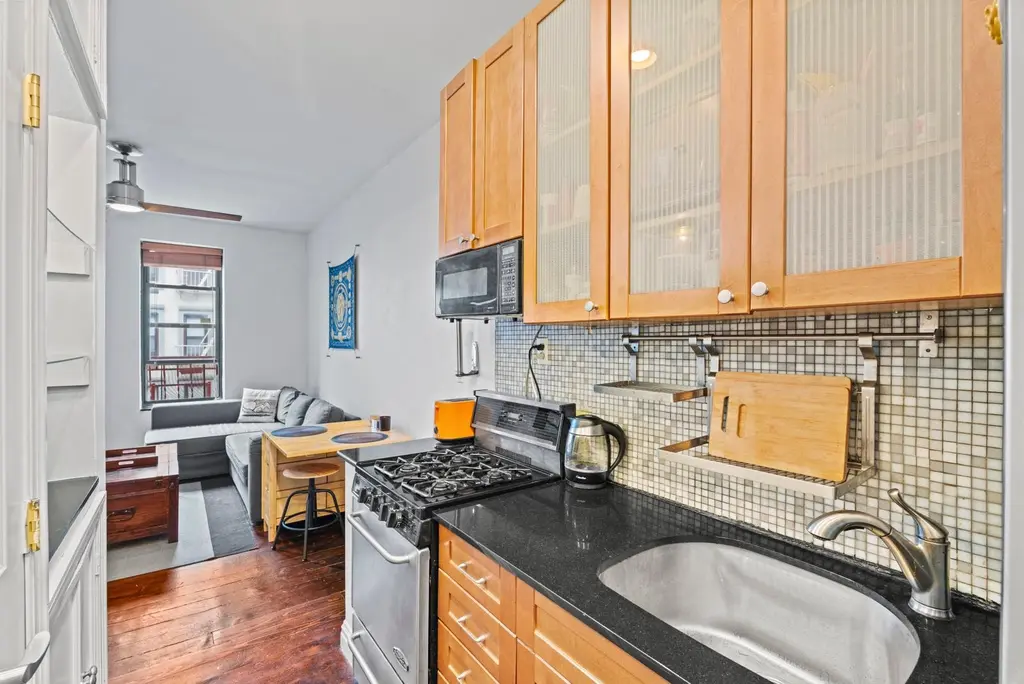
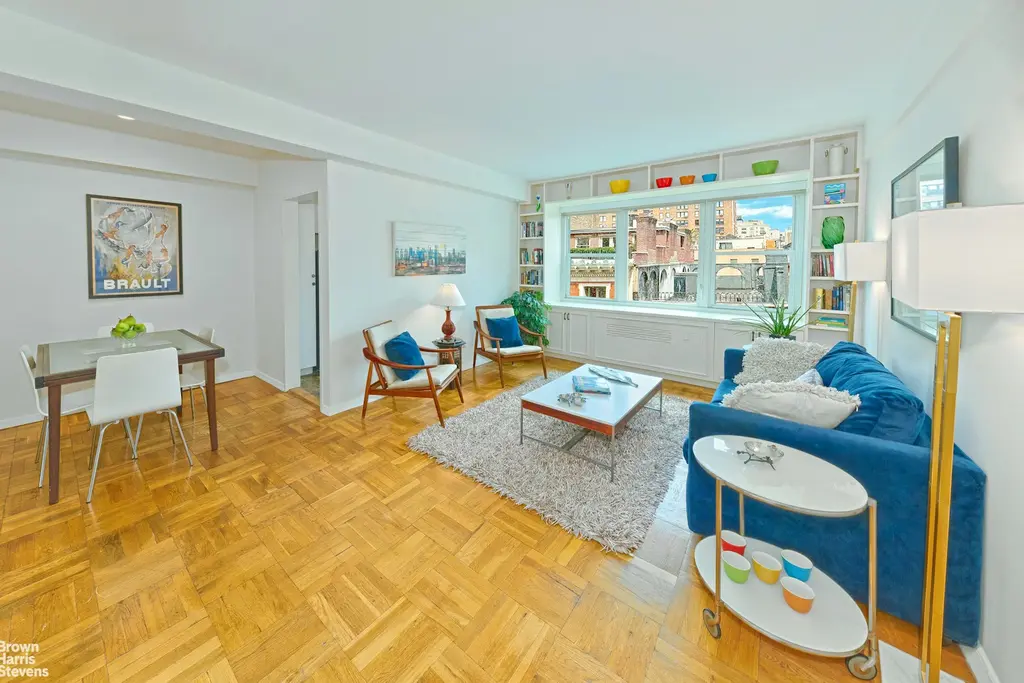
The Schwab House, #7DW (Brown Harris Stevens Residential Sales LLC)
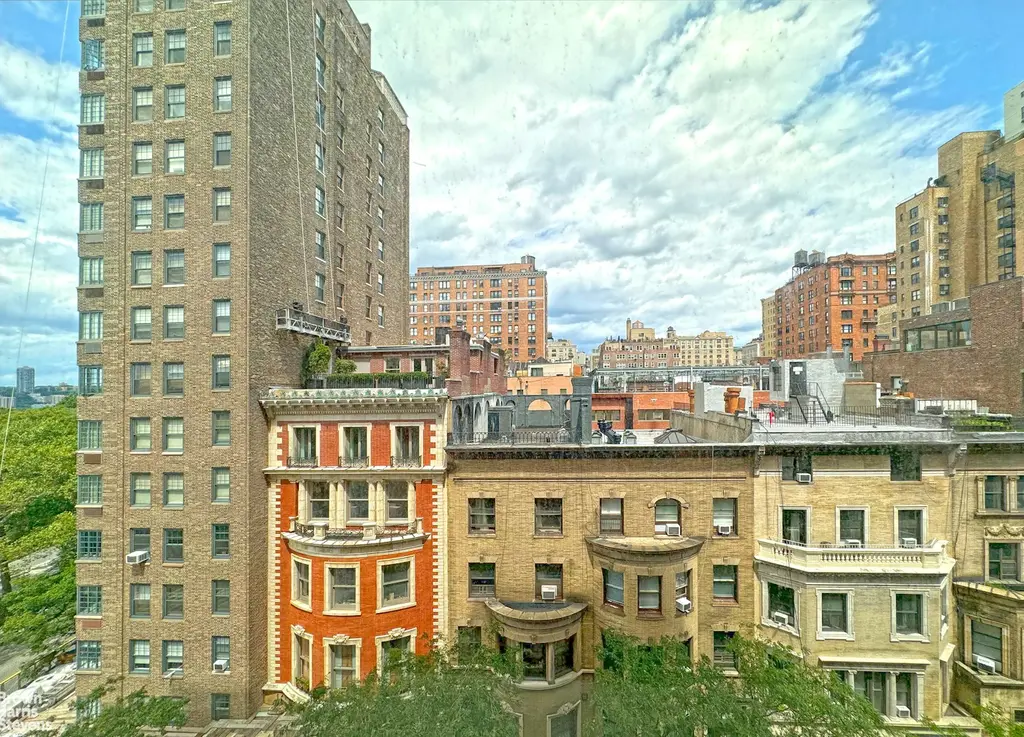
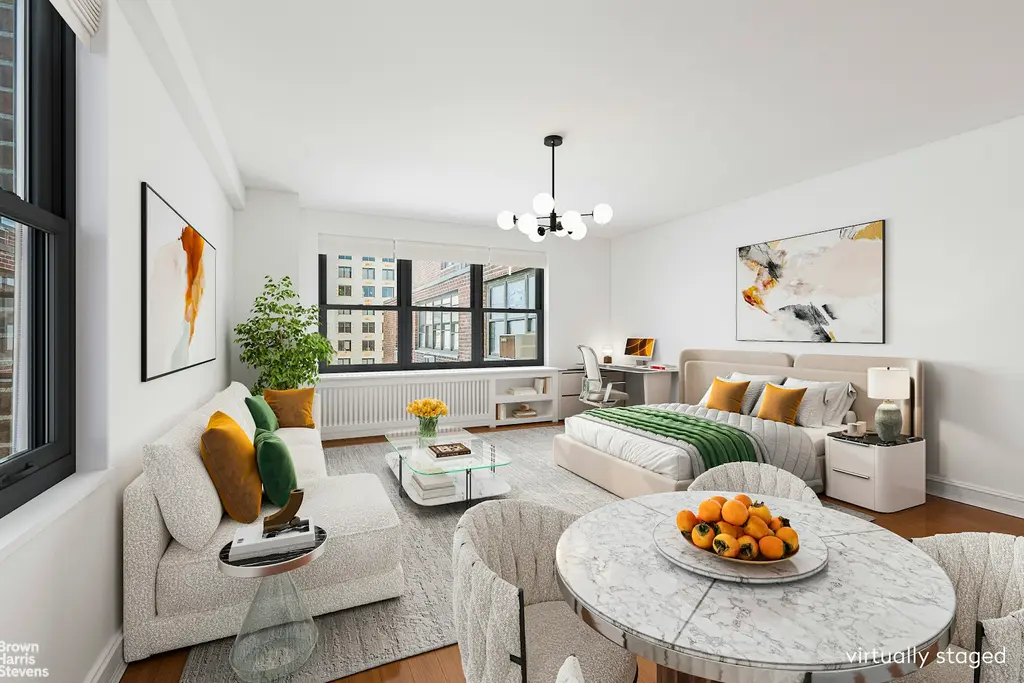
330 Third Avenue, #19KK (Brown Harris Stevens Residential Sales LLC)
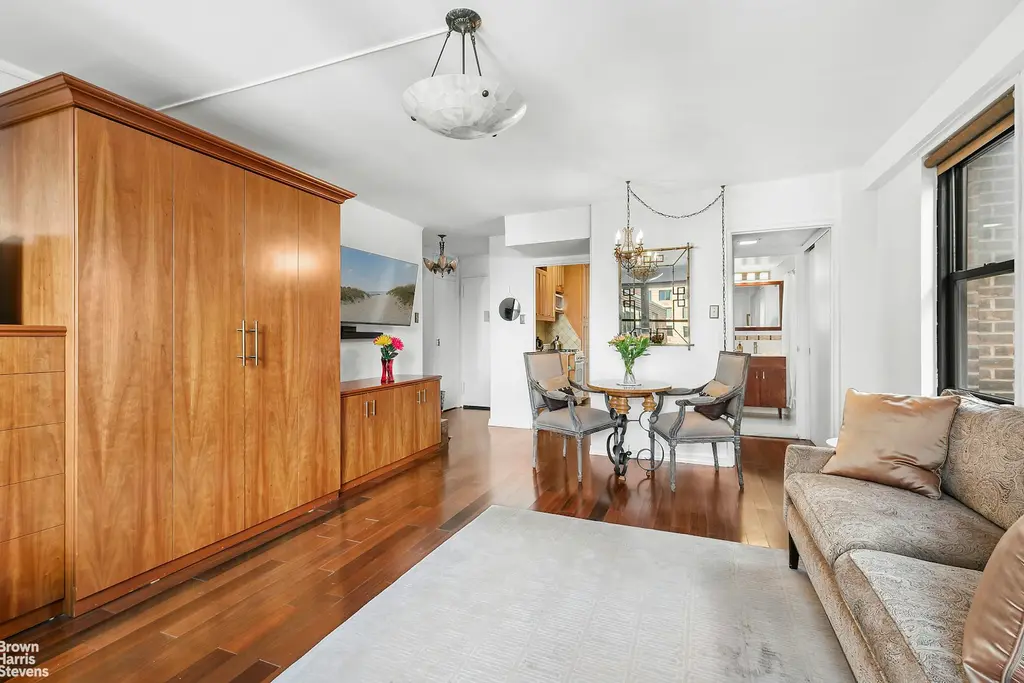
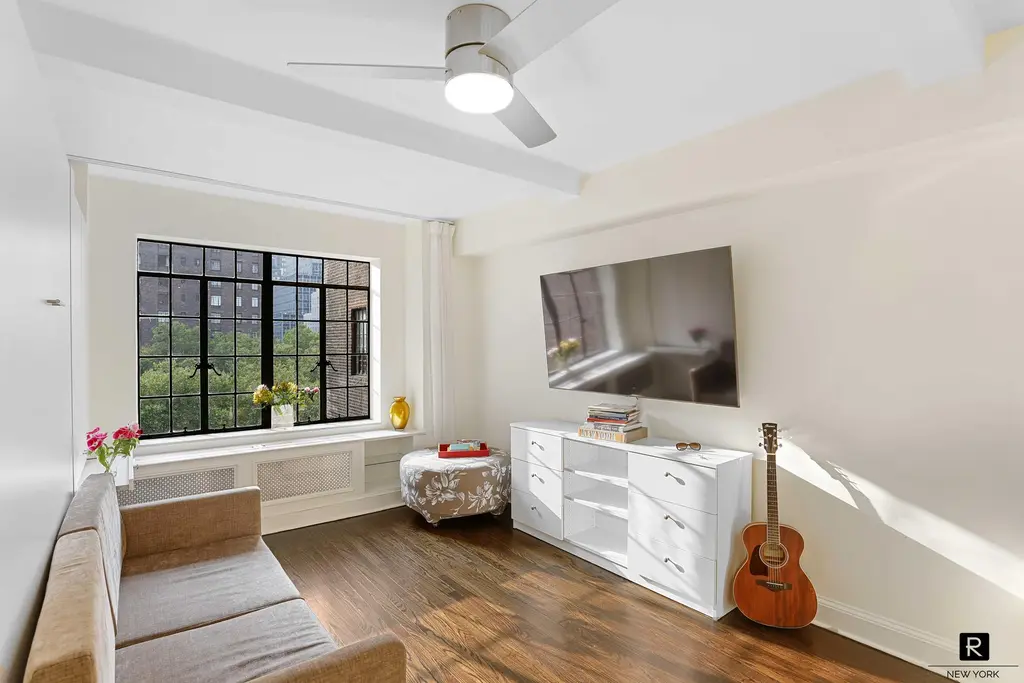
Tudor Tower, #808 (R New York)
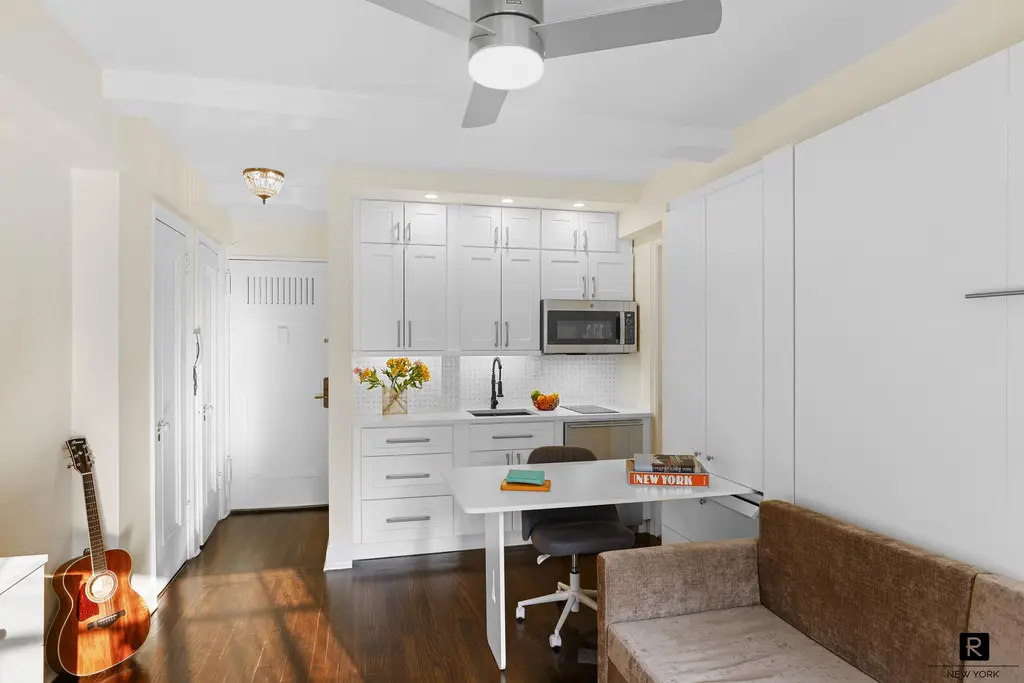
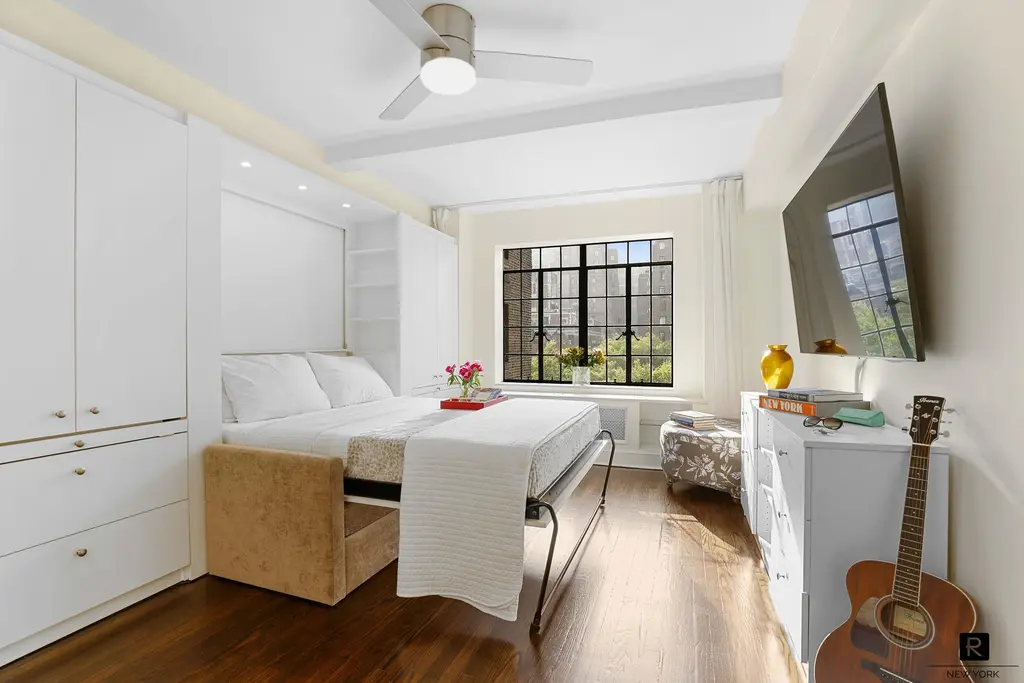
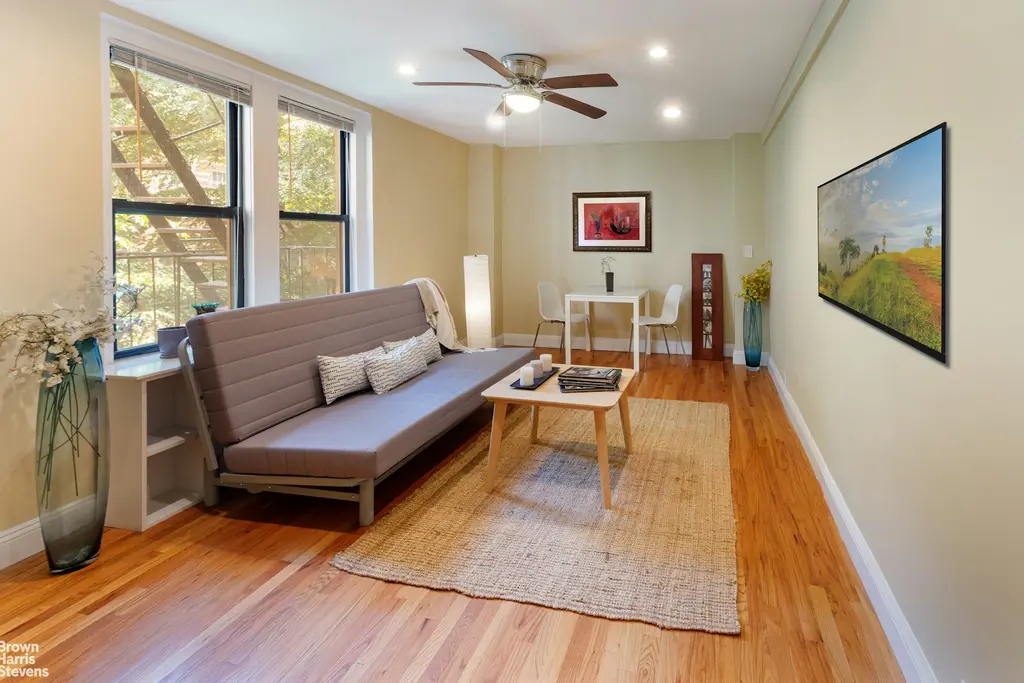
321 East 54th Street, #4F (Brown Harris Stevens Riverdale LLC)
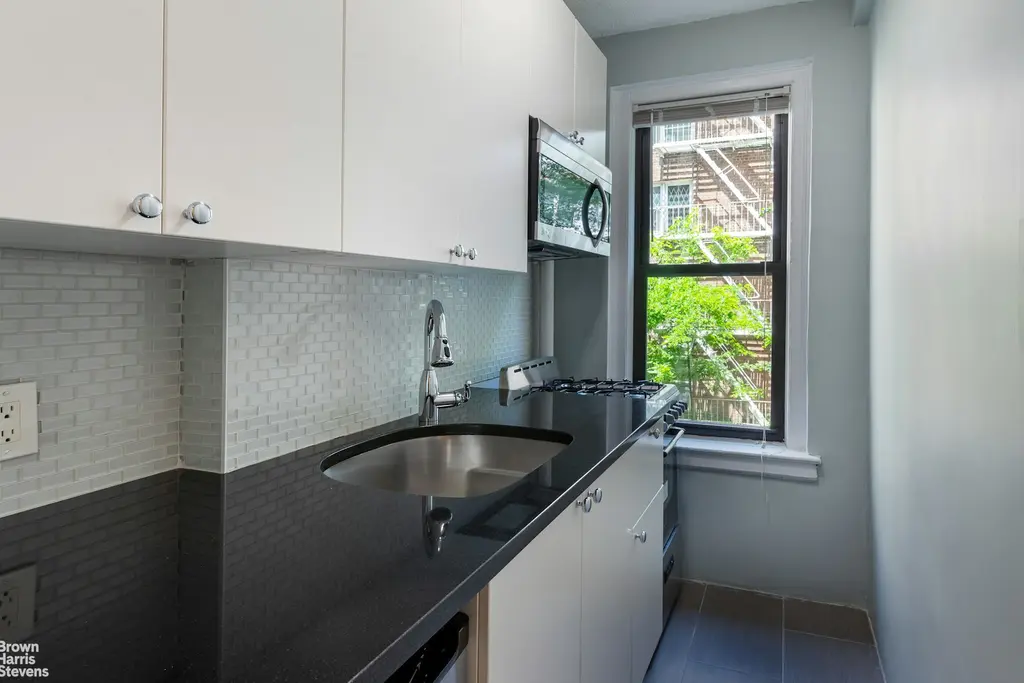
Would you like to tour any of these properties?
Just complete the info below.
Or call us at (212) 755-5544
Would you like to tour any of these properties?

Contributing Writer
Cait Etherington
Cait Etherington has over twenty years of experience working as a journalist and communications consultant. Her articles and reviews have been published in newspapers and magazines across the United States and internationally. An experienced financial writer, Cait is committed to exposing the human side of stories about contemporary business, banking and workplace relations. She also enjoys writing about trends, lifestyles and real estate in New York City where she lives with her family in a cozy apartment on the twentieth floor of a Manhattan high rise.


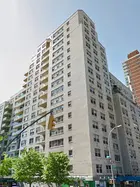

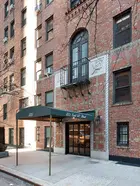
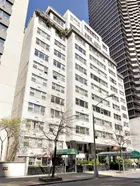
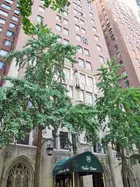
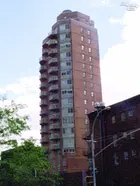


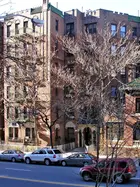
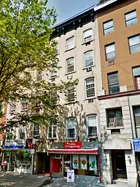
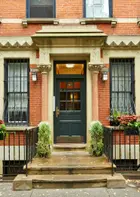

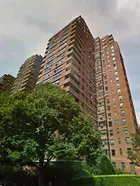
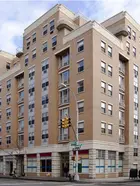
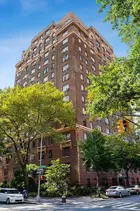

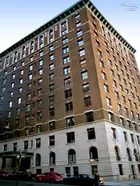
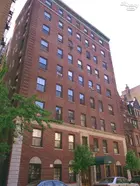
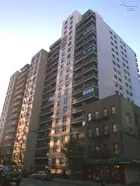
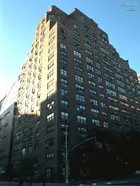
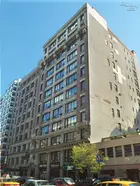
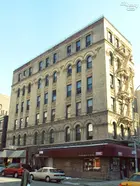
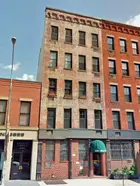
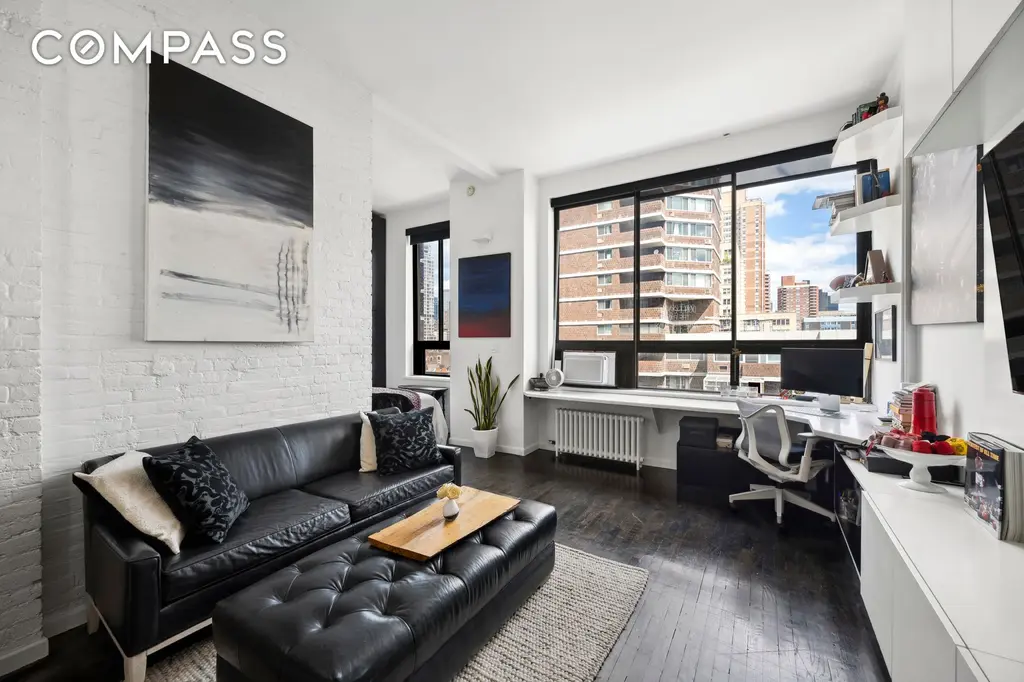
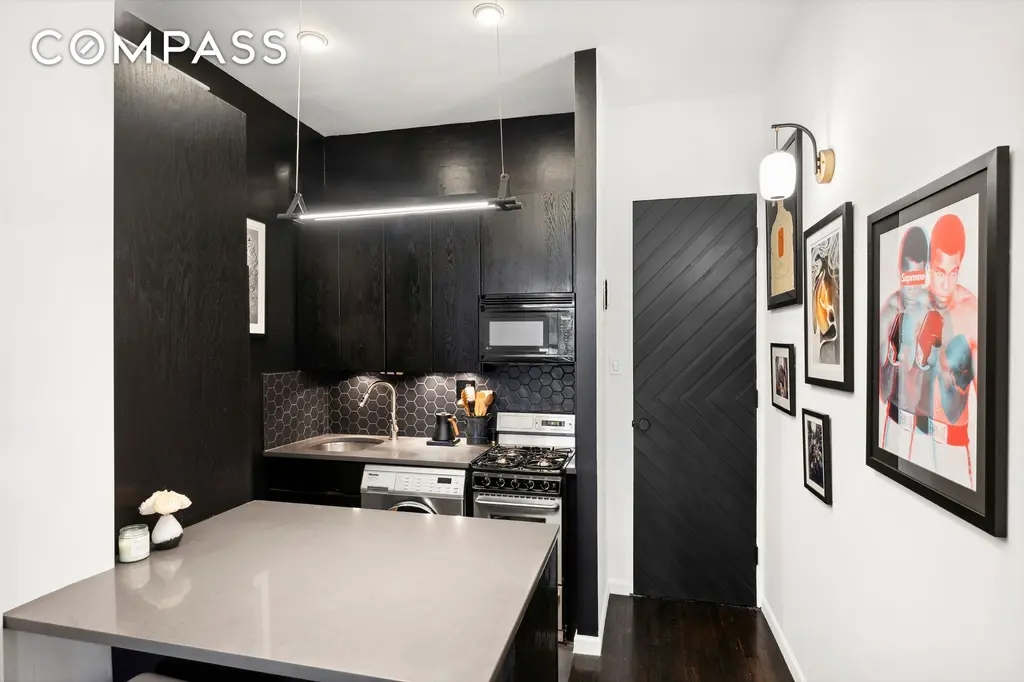
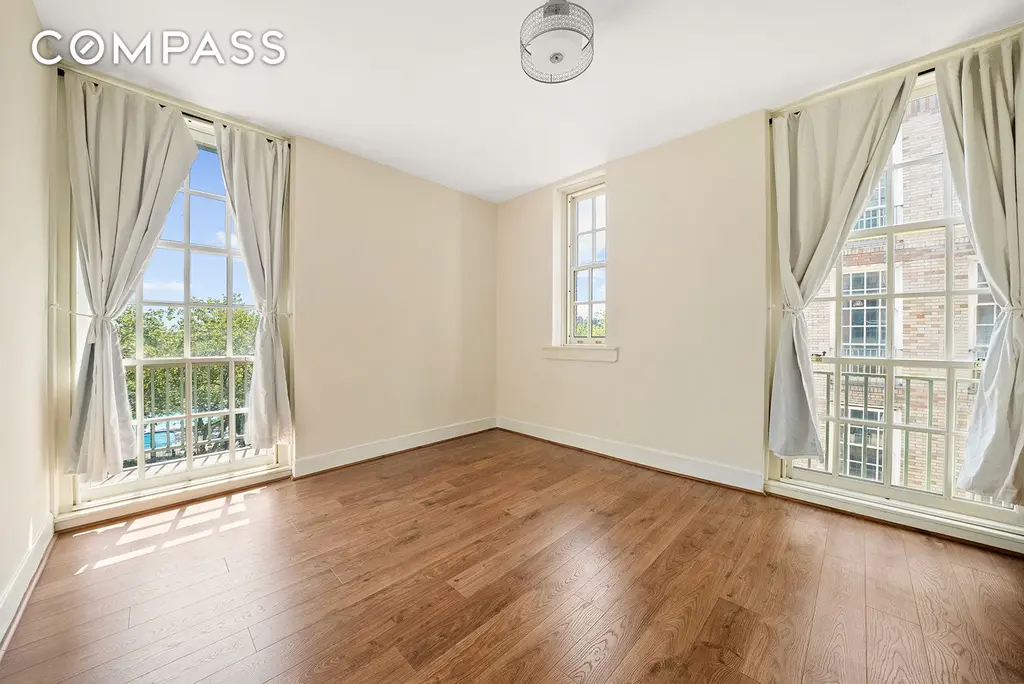
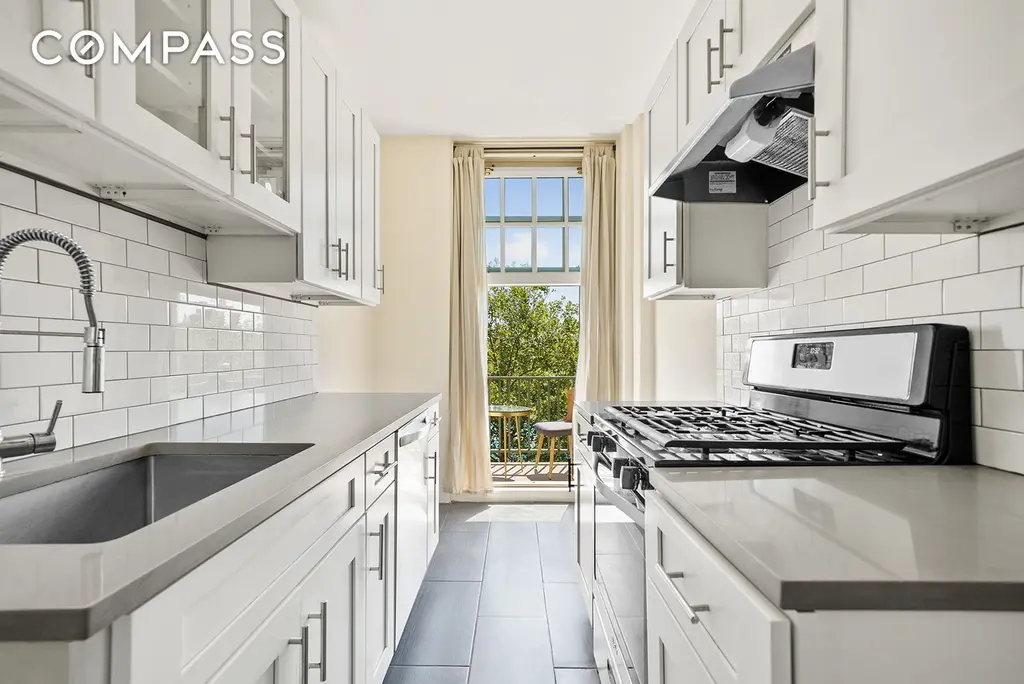
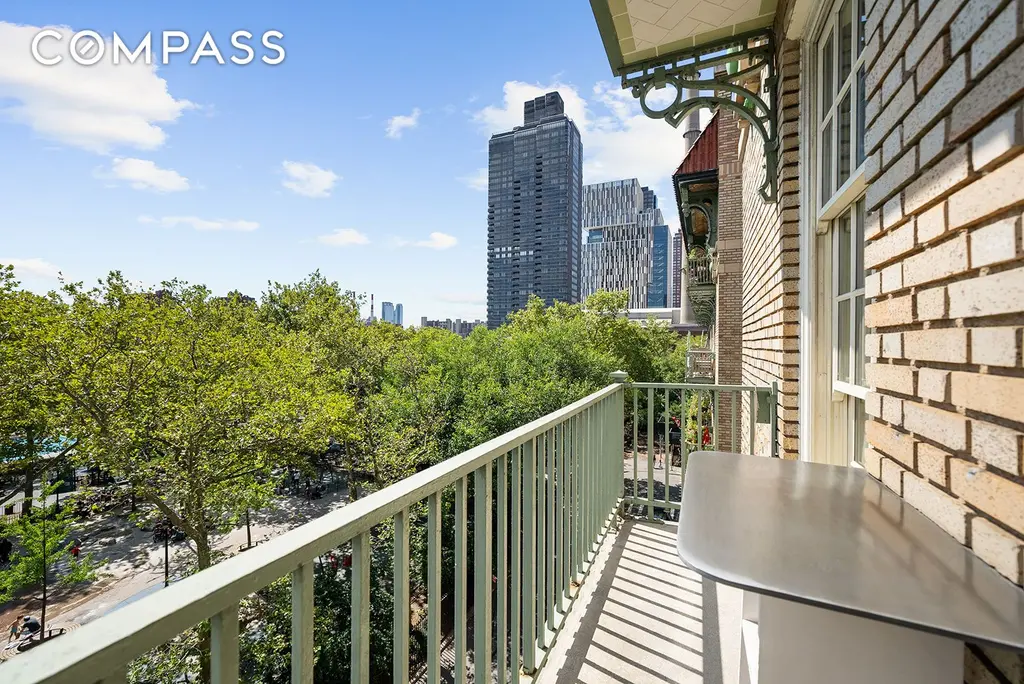
 6sqft delivers the latest on real estate, architecture, and design, straight from New York City.
6sqft delivers the latest on real estate, architecture, and design, straight from New York City.
